
Vladimir Lenin
Birthday: Born in 1870-04-21 in Simbirsk
Deathday: 1924-01-21
Vladimir Ilyich Ulyanov (22 April 1870 – 21 January 1924), better known by his alias Lenin, was a Russian revolutionary, politician, and political theorist. He served as head of government of Soviet Russia from 1917 to 1922 and of the Soviet Union from 1922 to 1924. Under his administration, Russia and then the wider Soviet Union became a one-party communist state governed by the Russian Communist Party. A Marxist, he developed a variant of this communist ideology known as Leninism. Born to a moderately prosperous middle-class family in Simbirsk, Lenin embraced revolutionary socialist politics following his brother's 1887 execution. Expelled from Kazan Imperial University for participating in protests against the Russian Empire's Tsarist government, he devoted the following years to a law degree. He moved to Saint Petersburg in 1893 and became a senior Marxist activist. In 1897, he was arrested for sedition and exiled to Shushenskoye for three years, where he married Nadezhda Krupskaya. After his exile, he moved to Western Europe, where he became a prominent theorist in the Marxist Russian Social Democratic Labour Party (RSDLP). In 1903, he took a key role in the RSDLP ideological split, leading the Bolshevik faction against Julius Martov's Mensheviks. Following Russia's failed Revolution of 1905, he campaigned for the First World War to be transformed into a Europe-wide proletarian revolution, which as a Marxist he believed would cause the overthrow of capitalism and its replacement with socialism. After the 1917 February Revolution ousted the Tsar and established a Provisional Government, he returned to Russia to play a leading role in the October Revolution in which the Bolsheviks overthrew the new regime. Lenin's Bolshevik government initially shared power with the Left Socialist Revolutionaries, elected soviets, and a multi-party Constituent Assembly, although by 1918 it had centralised power in the new Communist Party. Lenin's administration redistributed land among the peasantry and nationalised banks and large-scale industry. It withdrew from the First World War by signing a treaty conceding territory to the Central Powers, and promoted world revolution through the Communist International. Opponents were suppressed in the Red Terror, a violent campaign administered by the state security services; tens of thousands were killed or interned in concentration camps. His administration defeated right and left-wing anti-Bolshevik armies in the Russian Civil War from 1917 to 1922 and oversaw the Polish–Soviet War of 1919–1921. Responding to wartime devastation, famine, and popular uprisings, in 1921 Lenin encouraged economic growth through the market-oriented New Economic Policy. Several non-Russian nations had secured independence from the Russian Empire after 1917, but three were re-united into the new Soviet Union in 1922. His health failing, Lenin died in Gorki, with Joseph Stalin succeeding him as the pre-eminent figure in the Soviet government.
TV Credits
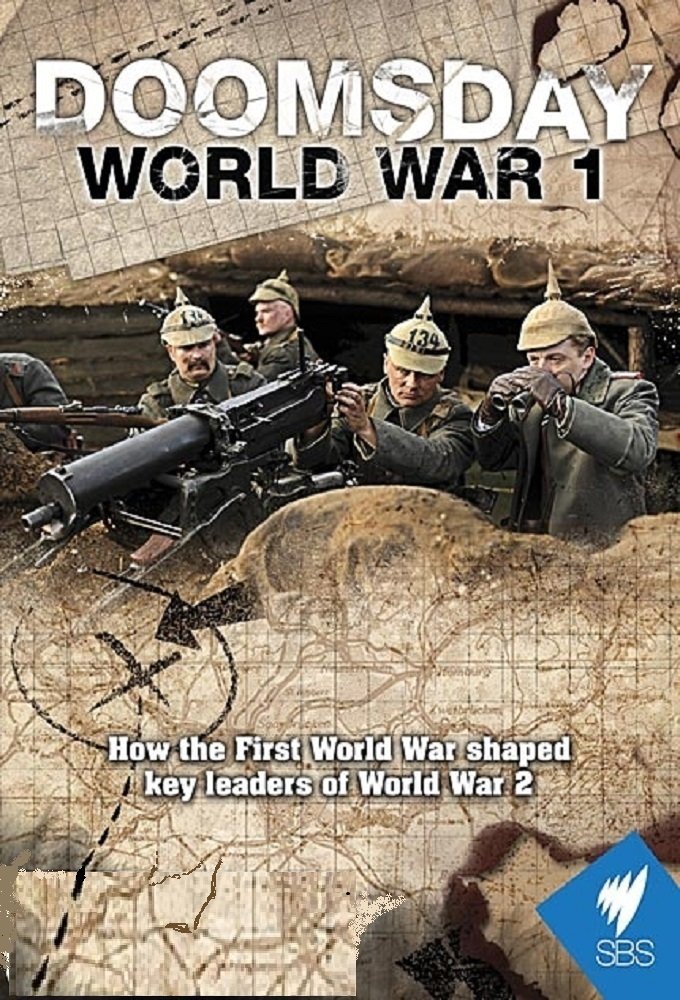
Weltenbrand
Character: Self (archive footage)
The First World War - carnage on a scale never-before seen. But how did it all start? And how did some key figures of WWII fare in the earlier war?...
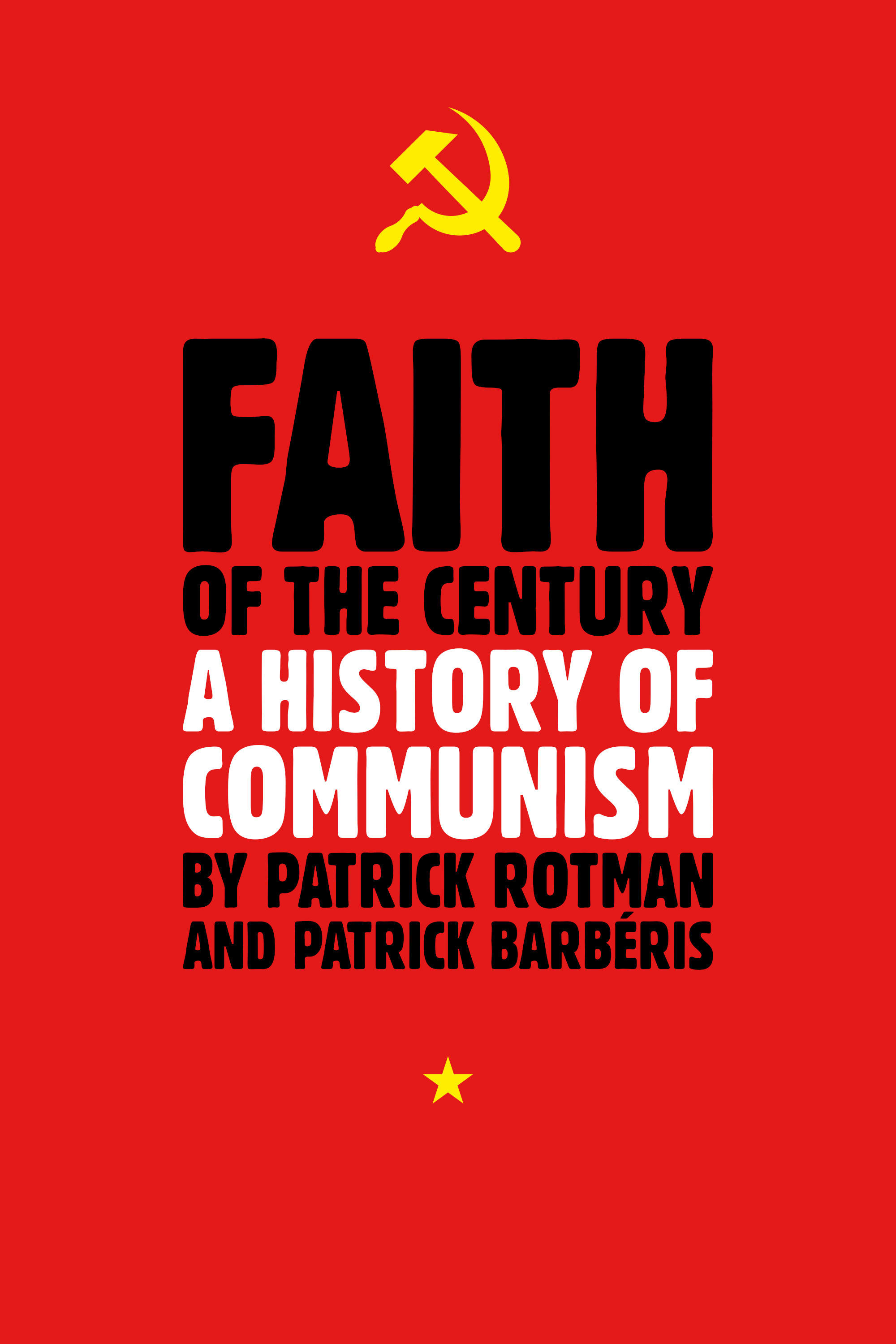
La Foi du siècle
Character: Self (archive footage)
Communism spread to all of the continents of the word, lasting through four generations and over seven decades. Hundreds of millions of men and women were affected by this political system, one of the most unjust and bloodiest in history. Using newly discovered propaganda films and archival photos, these four episodes explore the mysteries of this totalitarian political machine that lured its share of important followers into the fold. Known as the red church, communism seduced its ardent follow...
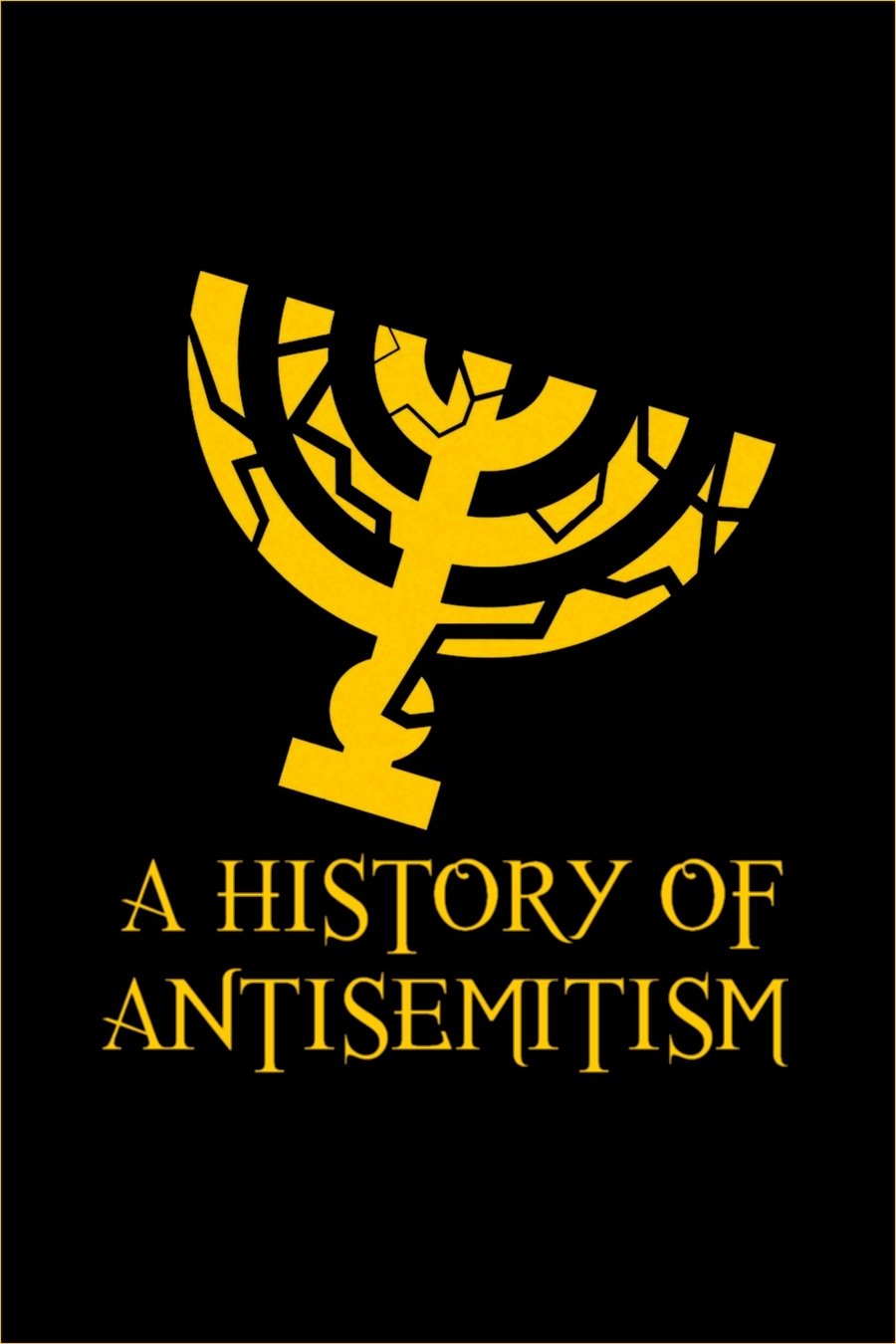
Histoire de l'antisémitisme
Character: Self - Politician (archive footage)
A detailed account of the two millennia of intolerance and persecution suffered by the Jews, from antiquity to the present day....

American Experience
Character: Self (archive footage)
TV's most-watched history series brings to life the compelling stories from our past that inform our understanding of the world today....
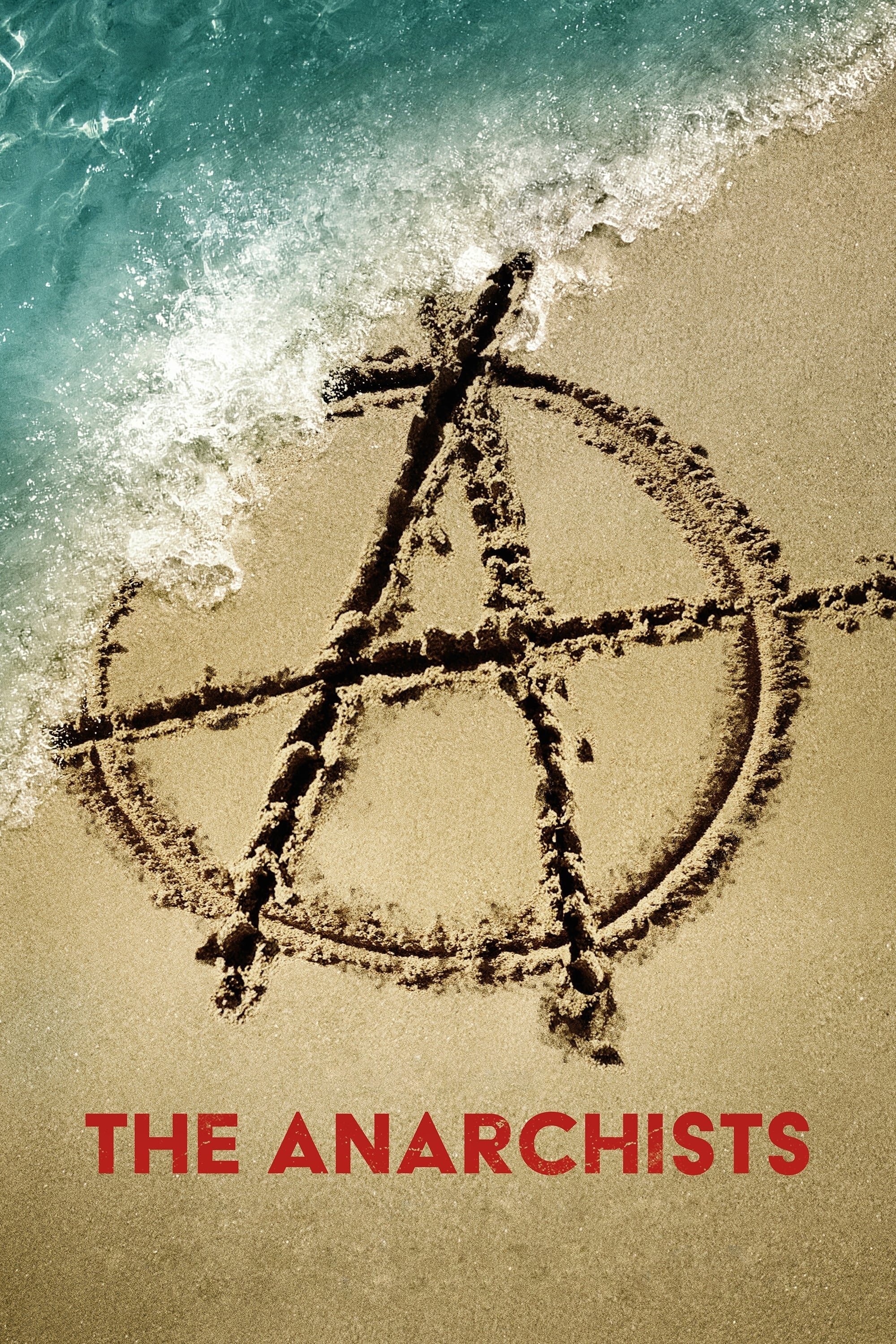
The Anarchists
Character: Self
Unfolding over six years, what begins as an impulsive one-off gathering turns into an ever-growing annual event attracting sponsorship from crypto-currency companies and featuring capitalist statist speakers such as Ron Paul and BitCoin investor Roger Ver. And when rule-avoidant "freedom" activists come together in one of the most dangerous cities in the world, incoherent ideology and cognitive dissonance rears its ugly head....
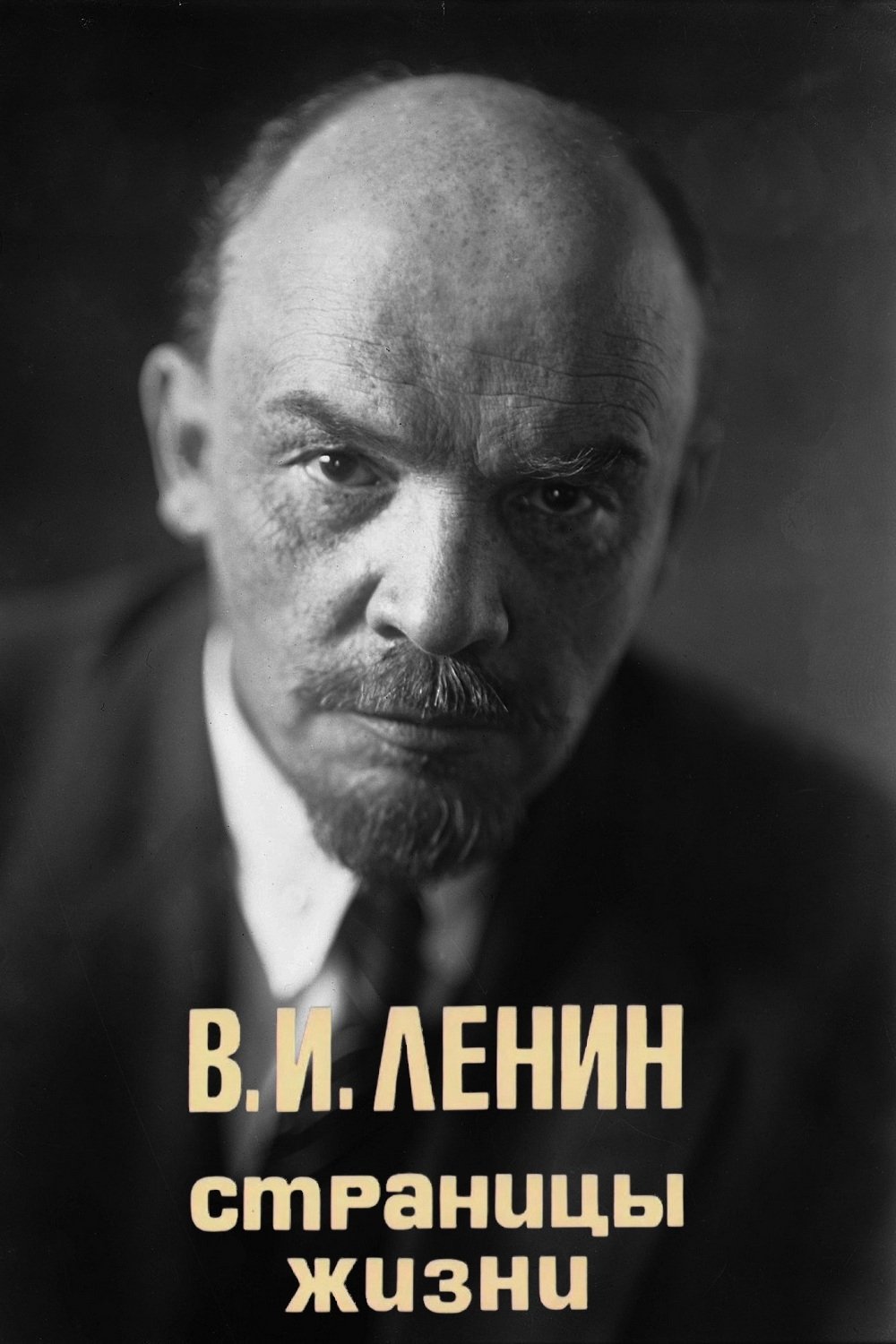
В.И.Ленин. Страницы жизни
Character: Self (archiveFootage)
...

The UnXplained
Character: Self (archive footage)
Explore the world’s most fascinating, strange and inexplicable mysteries. Each episode features compelling contributions from scientists, historians, witnesses and experiencers—each seeking to shed light on how the seemingly impossible actually can happen....
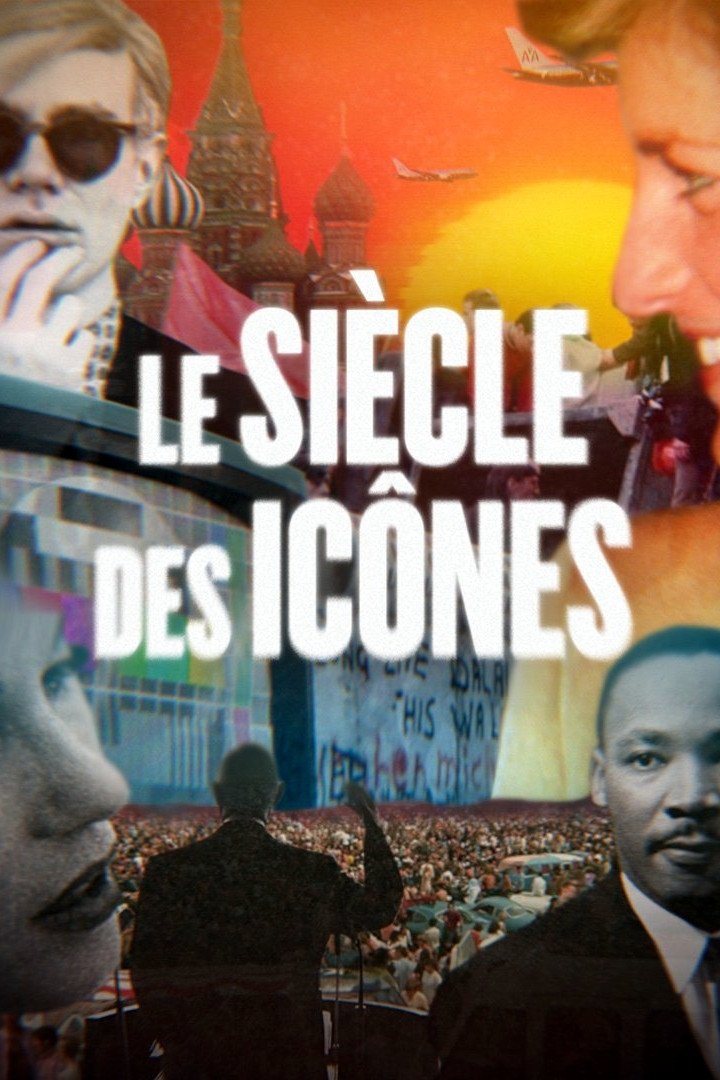
Le Siècle des icônes
Character: Self (archive footage)
...
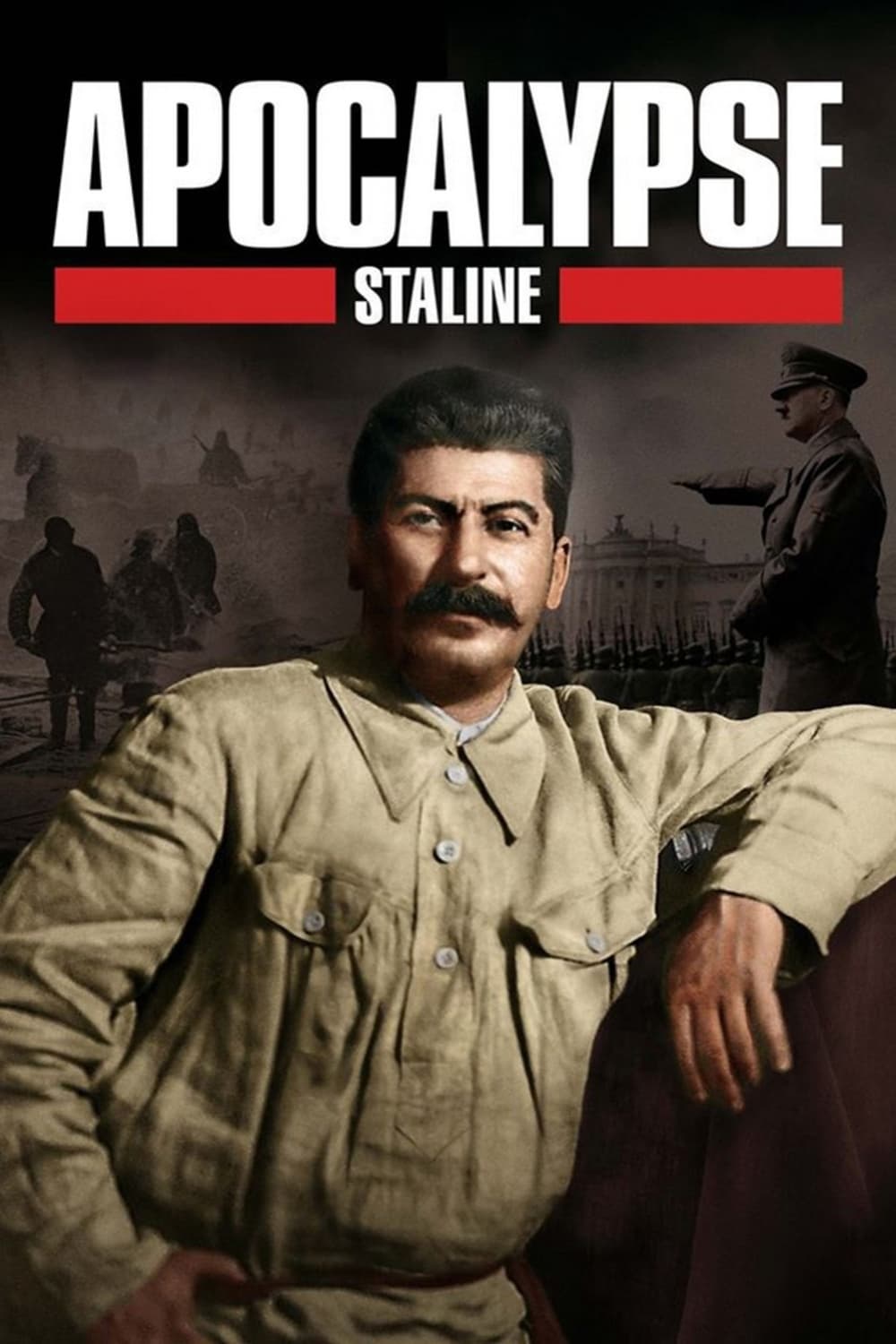
Apocalypse, Staline
Character: Self (archive footage)
The rise of Stalin, from his early beginning as a bankrobber to the cold-blooded leader of the Soviet Union....
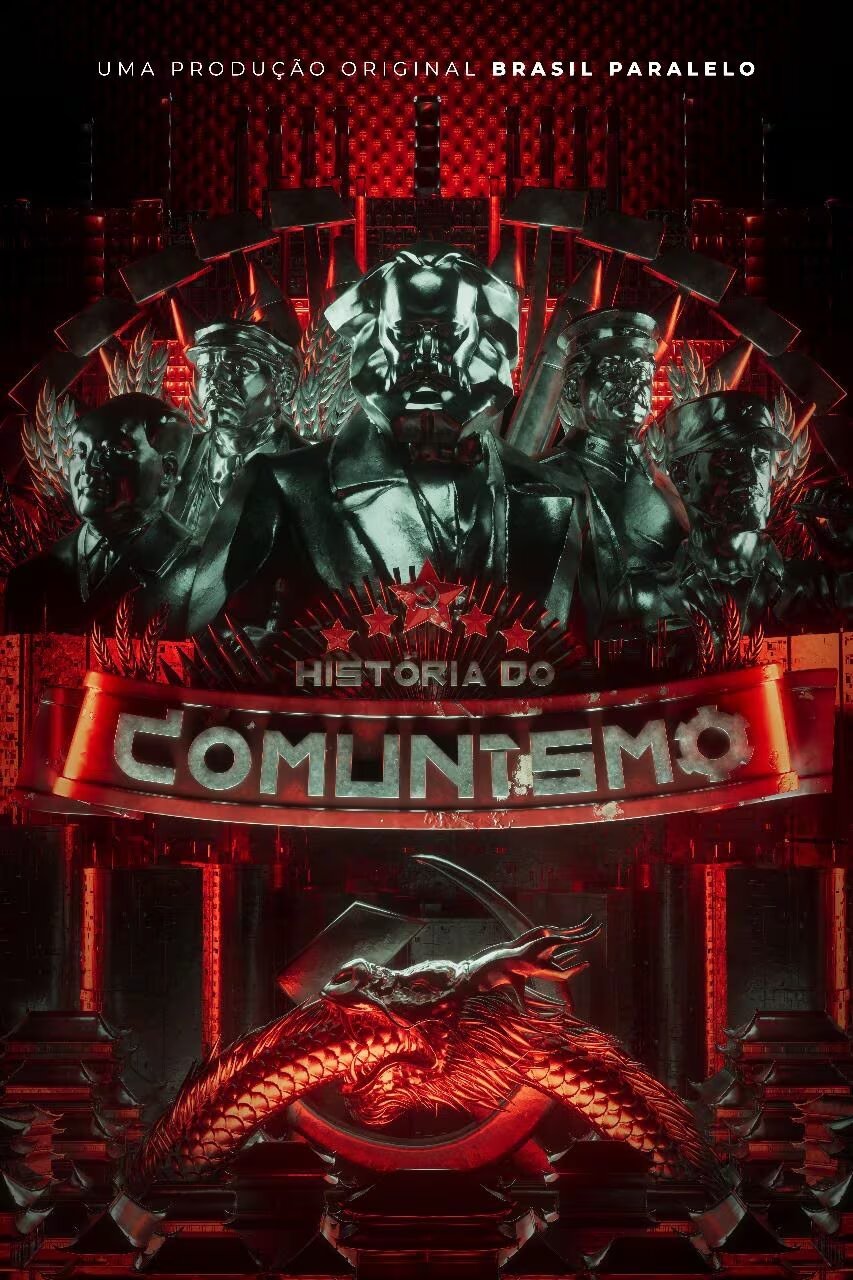
História do Comunismo
Character: Self
...
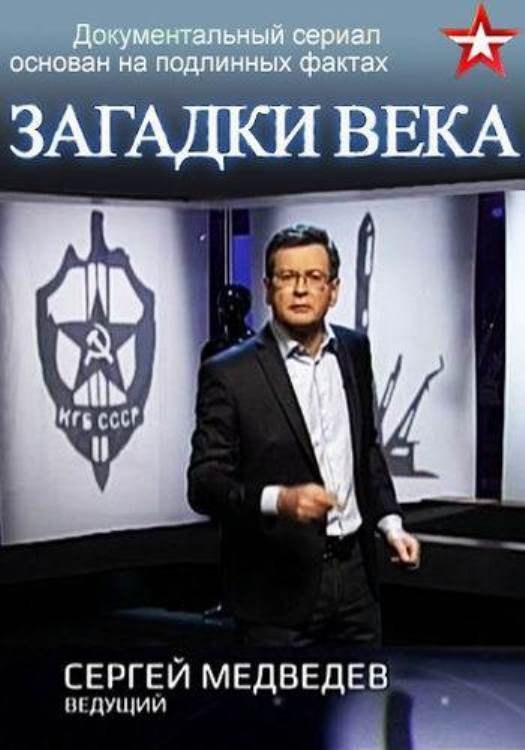
Загадки века с Сергеем Медведевым
Character: Self (archive footage)
...
Movie Credits

Karl Marx und seine Erben
Character: Self (archive footage)
Over the past hundred years, dramatic social upheavals have taken place in the name of Karl Marx's theories. In Western Europe, the student movement of 1968 and the Eurocommunists were inspired. And in recent times, the thinker has experienced a renaissance....
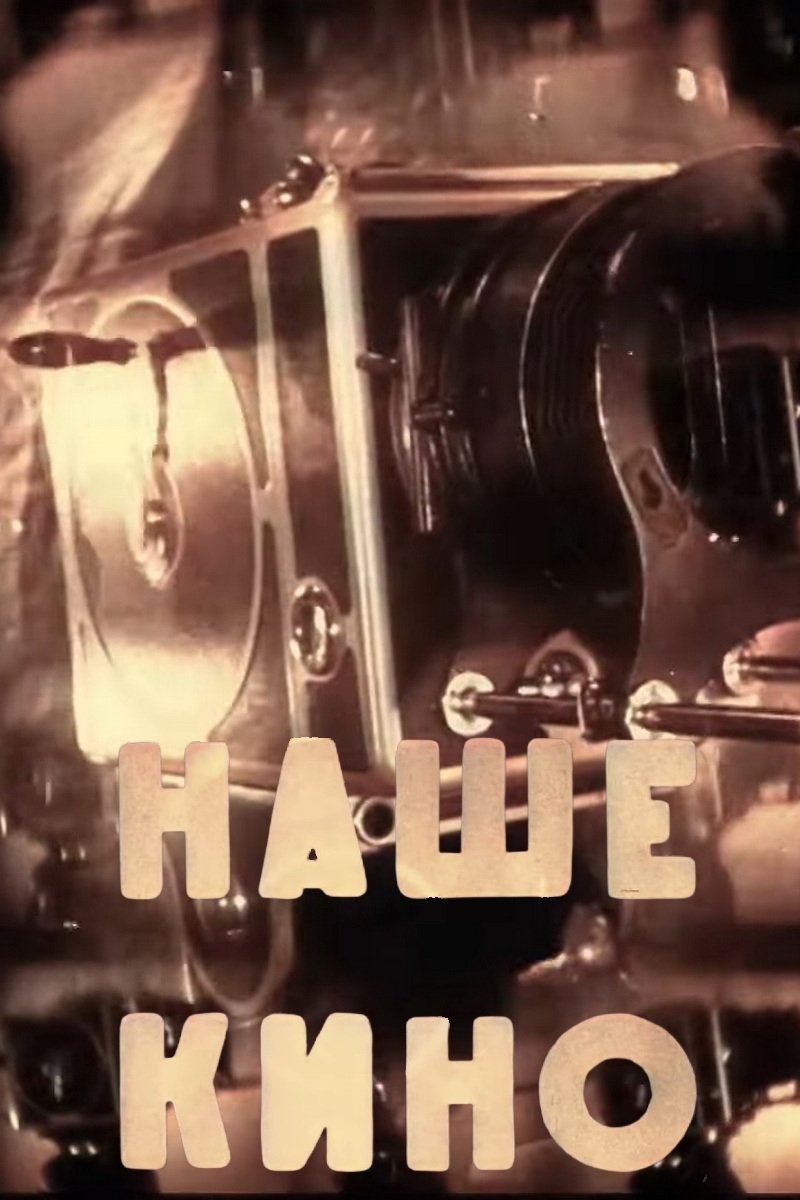
Our Cinema
Character: (archive footage)
...

Laissez-faire
Character: Self (archive footage)
A historical perspective to understand Neoliberalism and to understand why this ideology today so profoundly influences the choices of our governments and our lives....
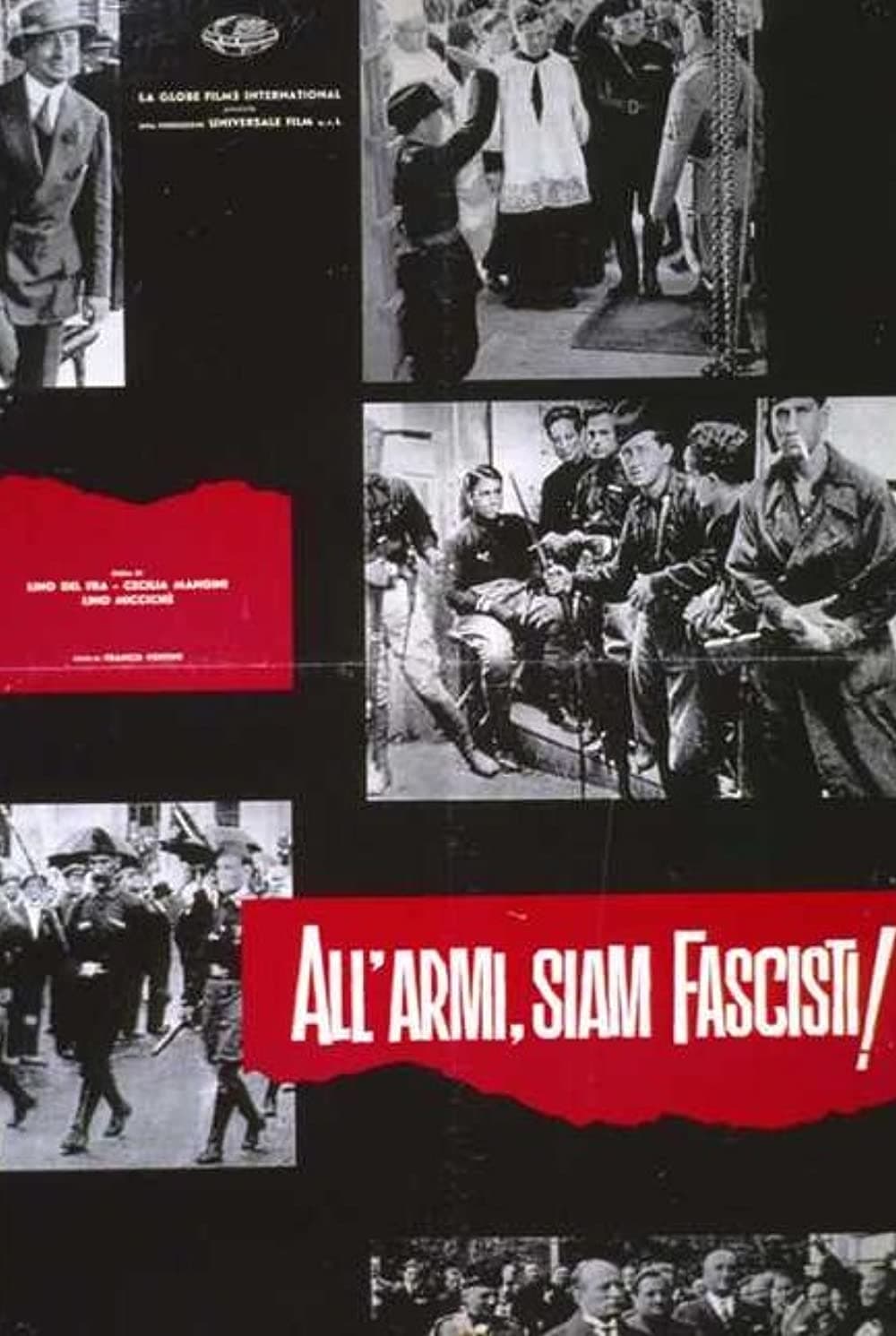
To Arms, We Are Fascists!
Character: Self (archive footage) (uncredited)
Documentary compiled from archives and accompanied by a poet's commentary, shows the sweep of modern Italian history from 1911 to 1961, centering on the conditions leading to Fascism and the post-WWII reaction to the Fascist experience....
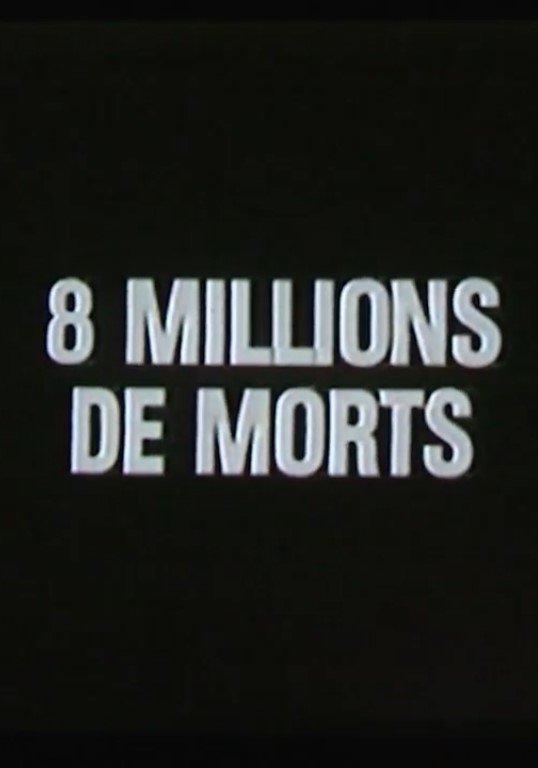
When the Century Took Shape (War and Revolution)
Character: Self (archive footage)
In 1978, just after Le fond de l'Air Est Rouge, which mercilessly analyzed the previous ten years of the revolutionary left's momentum until its collapse, Chris Marker made this complementary piece entitled Quand le Siècle a Pris Forme (Guerre et Révolution)....
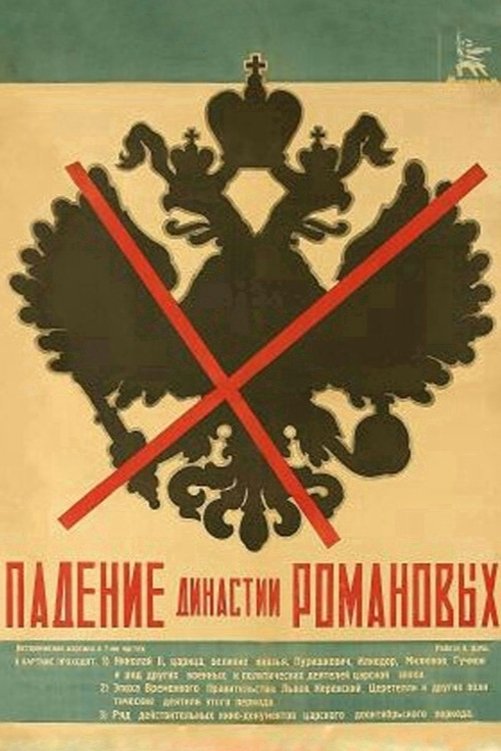
The Fall of the Romanov Dynasty
Character: Self (archive footage)
A compilation of newsreels shot between 1913 and 1917 - the years leading up to the Russian Revolution....

Human Remains
Character: Self (archive footage)
Human Remains is a haunting documentary which illustrates the banality of evil by creating intimate portraits of five of the 20th century's most reviled dictators. The film unveils the personal lives of Adolf Hitler, Benito Mussolini, Joseph Stalin, Francisco Franco and Mao Tse Tung. We learn the private and mundane details of their everyday lives -- their favorite foods, films, habits and sexual preferences. There is no mention of their public lives or of their place in history. The intentional...
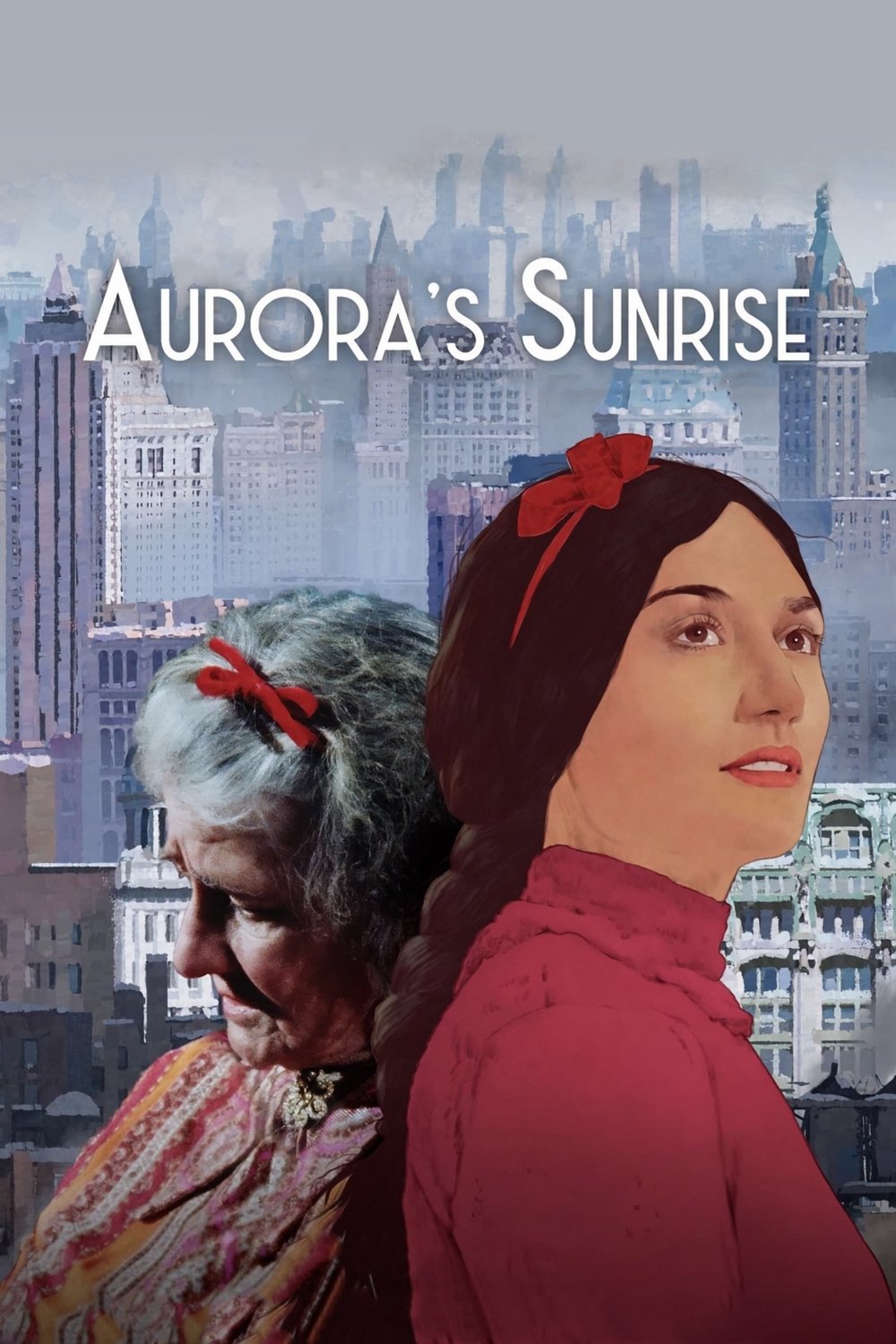
Aurora's Sunrise
Character: Self - Politician (archive footage)
The story of how Aurora Mardiganian (1901-94), a survivor of the Armenian genocide perpetrated by the Ottoman Empire (1915-17), became a Hollywood silent film star....
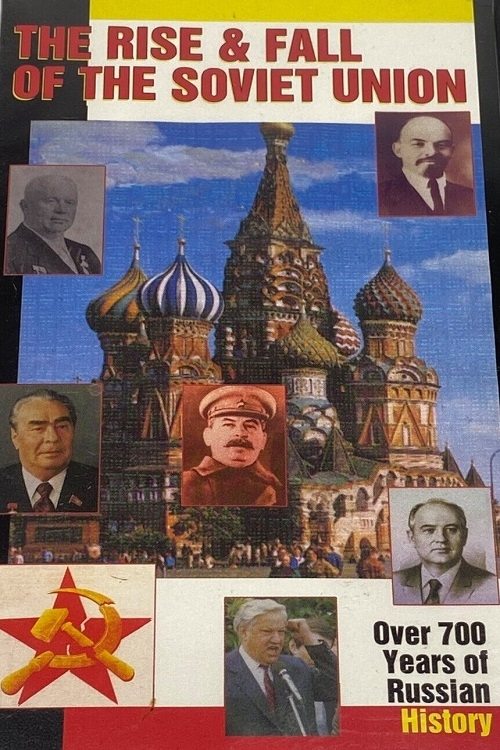
Soviet Union: The Rise and Fall - Part 1
Character: Self (archive footage)
Historic Russian battles to repel invaders serve as prelude to the story of events that redrew the map of Eastern Europe and parts of Asia in the 20th century. Following the turmoil of the Bolshevik Revolution, Communist Russia faces the venom of Nazi aggression. 1940's film footage reveals the harsh reality of total war, as the Red Army and Soviet civilians alike confront a brutal and tenacious enemy. The following decades are darkened by tensions between the USSR and foreign powers, and viole...
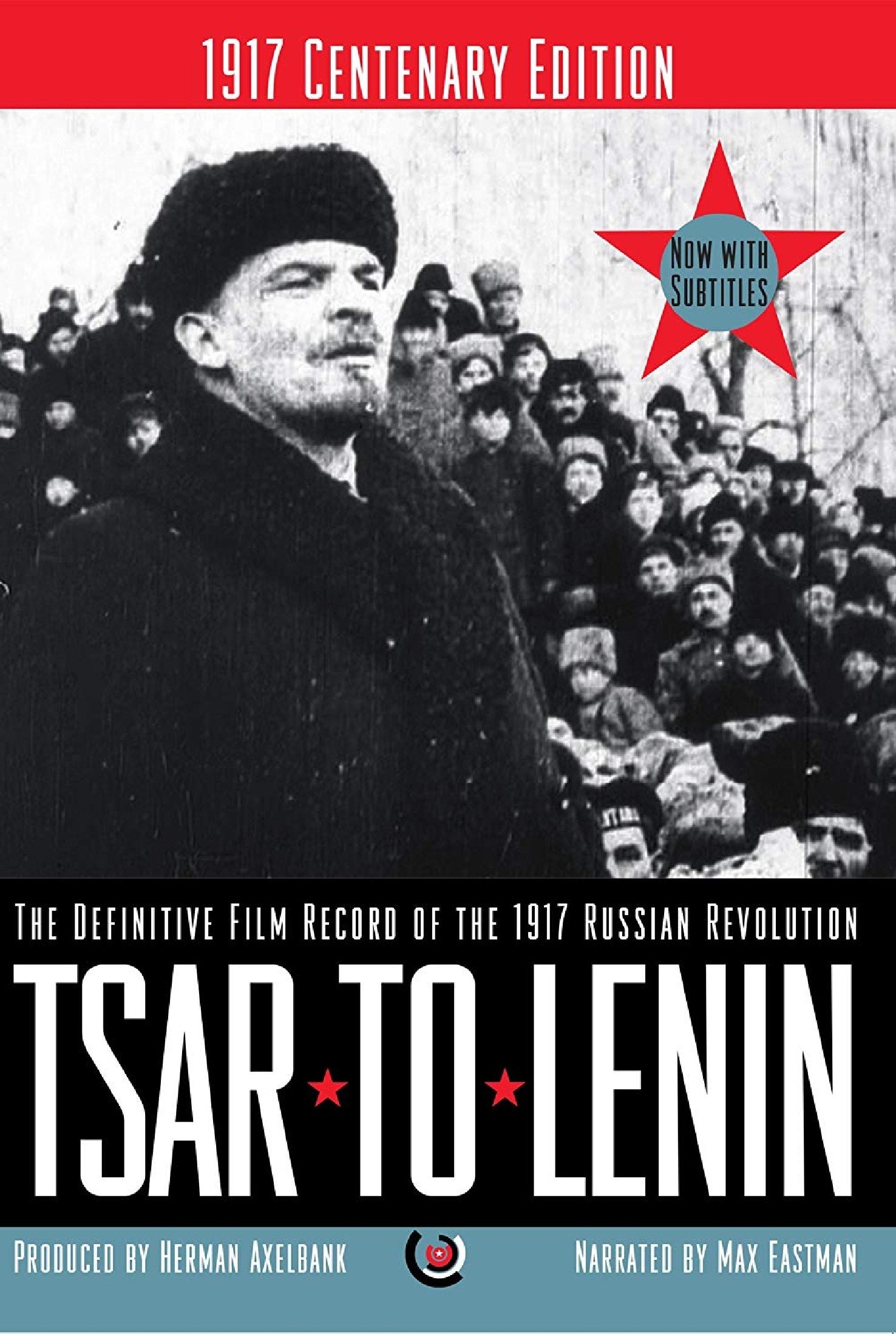
Tsar to Lenin
Character: Self (archive footage)
A documentary film account of the Russian Revolution, based on archival footage....

The Soviet Union: A New Look
Character: Self (archive footage)
This film discusses conditions in the Soviet Union, including party activity and influence, the shortage of consumer goods, the roles of children and women, the status of religion, and the purpose of Soviet realist art....
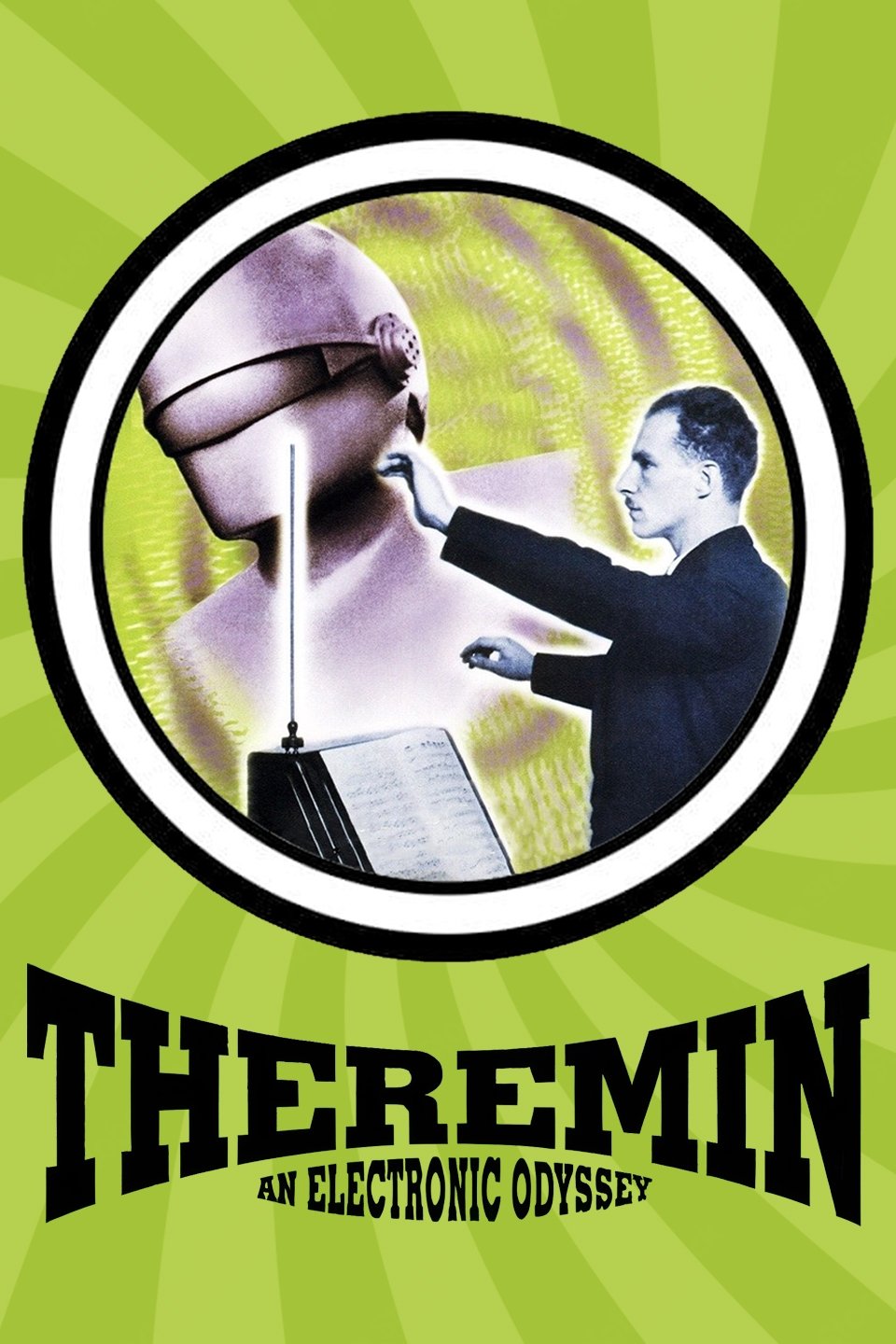
Theremin: An Electronic Odyssey
Character: Self (archive footage)
After escaping Russia's communist revolution, Léon Theremin travels to New York, where he pioneers the field of electronic music with his synthesizer. But at the height of his popularity, Soviet agents kidnap and force him to develop spy technology....
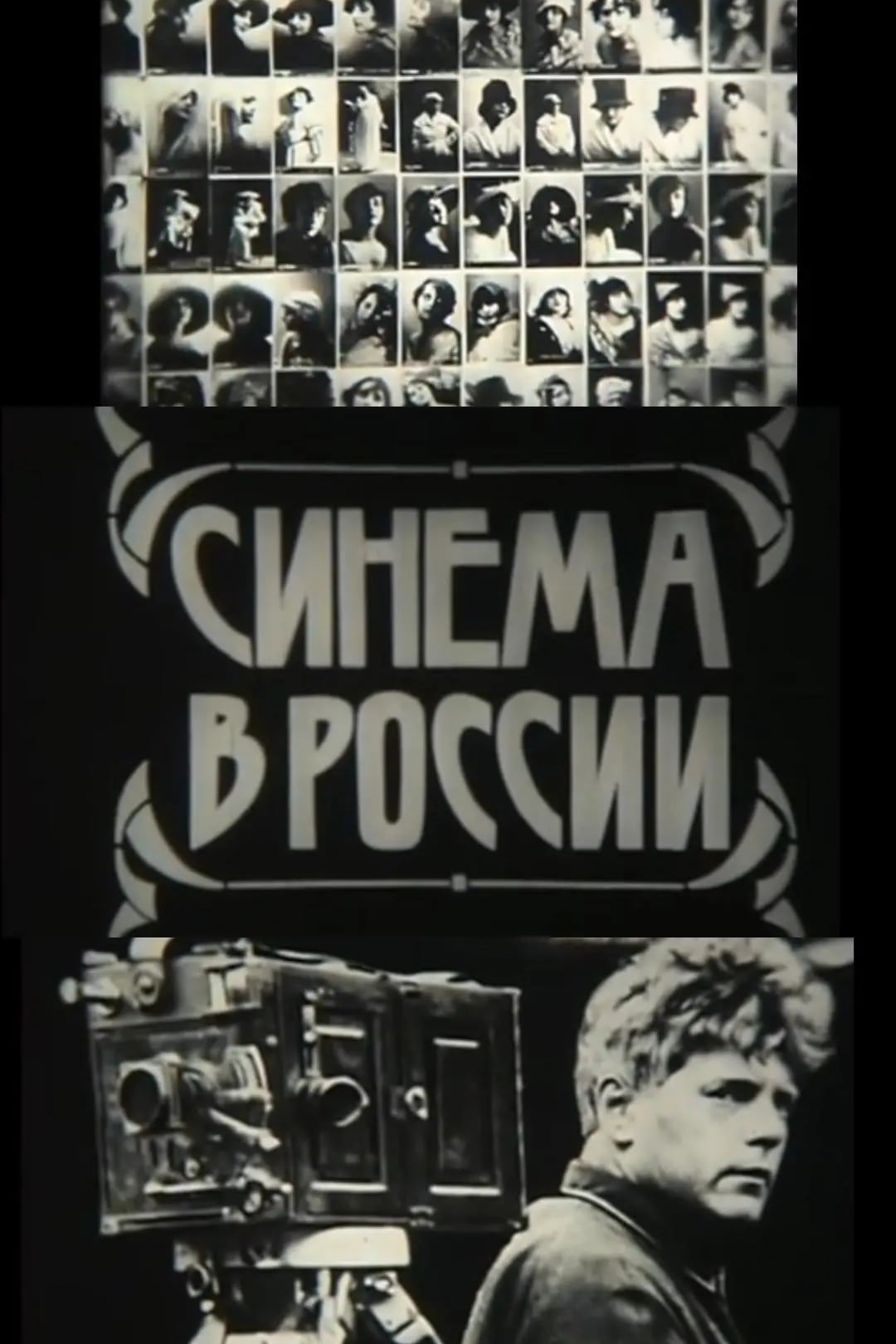
Cinema in Russia
Character: Archive footage
Documentary film about early years of Russian cinema: its first directors, cameramen, producers and actors. Includes rare fragments of pre-revolutionary feature films, newsreels and Starewicz's animation....
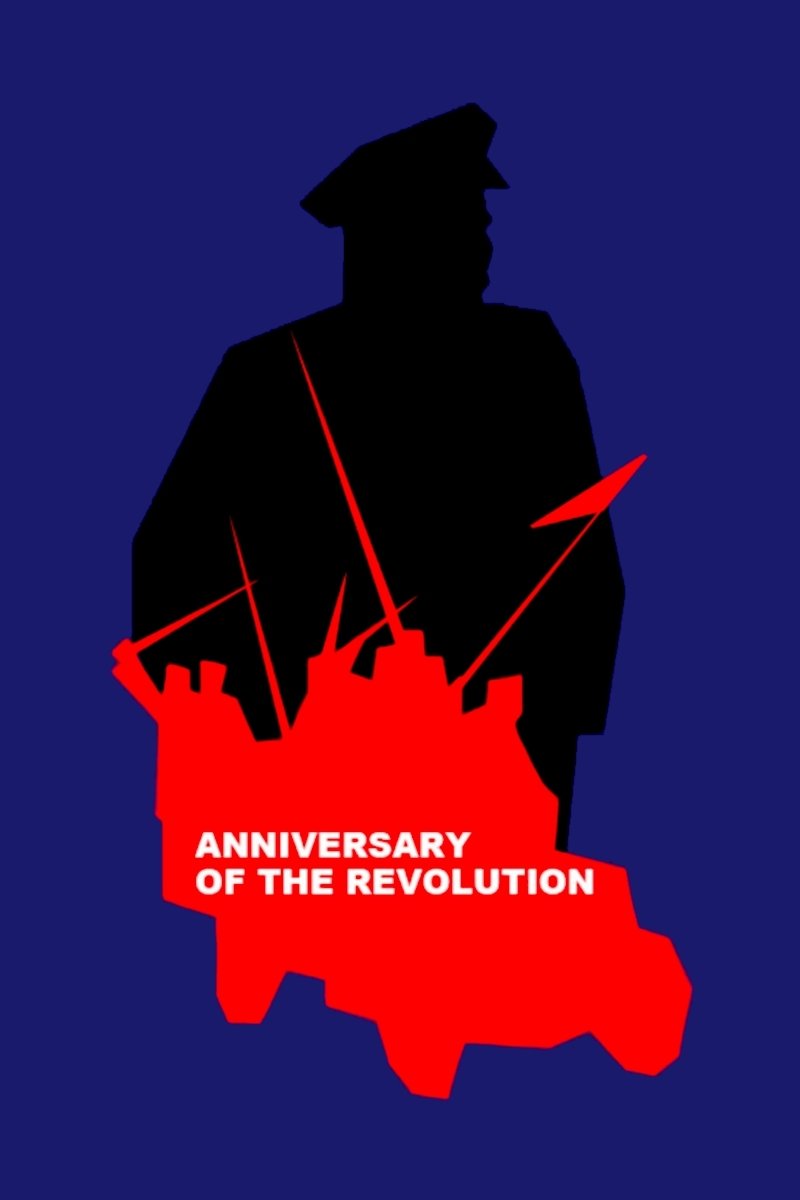
Anniversary of the Revolution
Character: Self - Politician
A chronicle of the Russian Revolution of 1917, from the bourgeois democratic February Revolution to the great socialist October Revolution and the final triumph....

Stalin: Man of Steel
Character: Self (archive footage)
Emmy Awards nominee for "Outstanding Individual Achievement in a Craft: Research: Multi-faceted portrait of the man who succeeded Lenin as the head of the Soviet Union. With a captivating blend of period documents, newly-released information, newsreel and archival footage and interviews with experts, the program examines his rise to power, deconstructs the cult of personality that helped him maintain an iron grip over his vast empire, and analyzes the policies he introduced, including the dead...
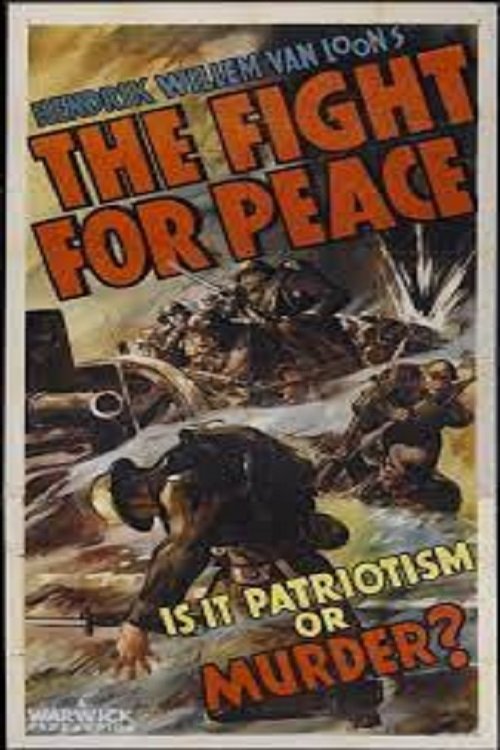
The Fight For Peace
Character: Self (archive footage)
A documentary about the threat of war breaking out in Europe, focusing on Hitler, Stalin and Mussolini....
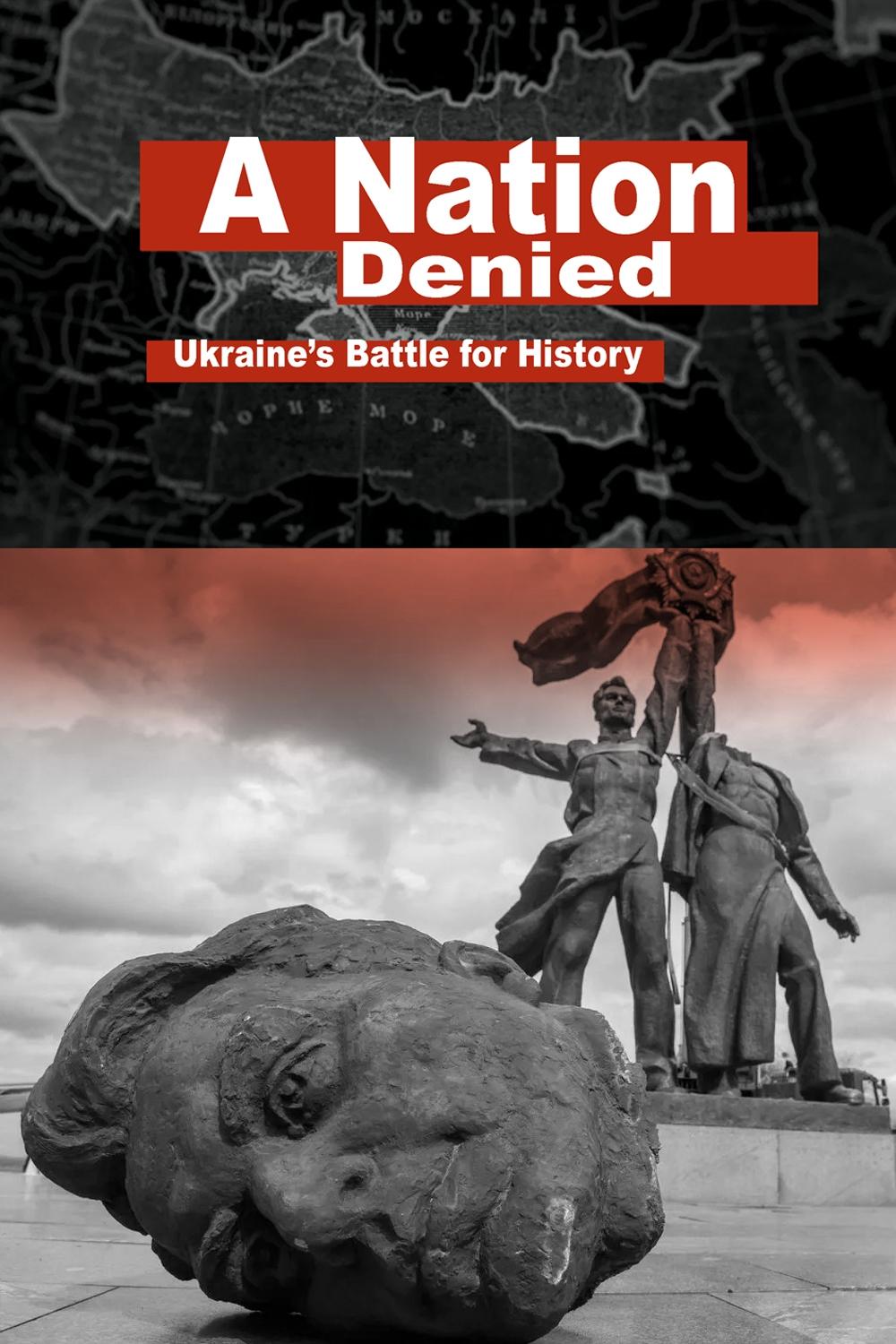
A Nation Denied: Ukraine's Battle for History
Character: Self (archive footage)
A critical and objective look back at Ukraine's tumultuous and tragic history, from its mythical founding in the 10th century to the Russian invasion in 2022....
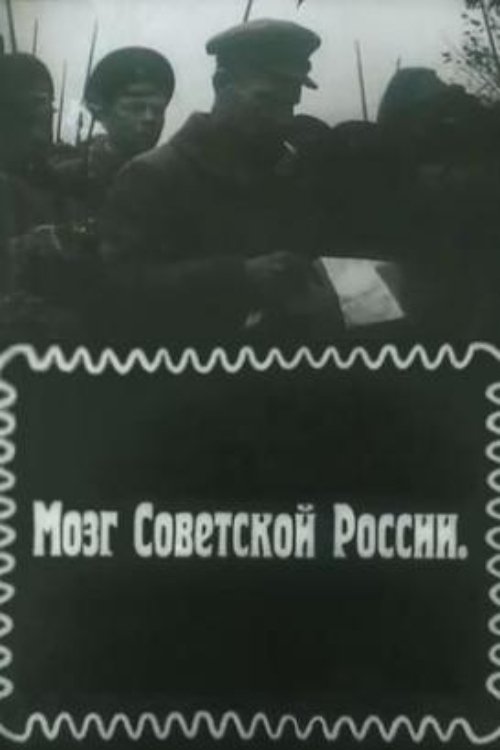
The Brain of Soviet Russia
Character: Self
This film shows the leaders of organizations that emerged after the Russian Revolution. It is the fragment of ‘Anniversary of the Revolution’ made by Vertov in 1918....
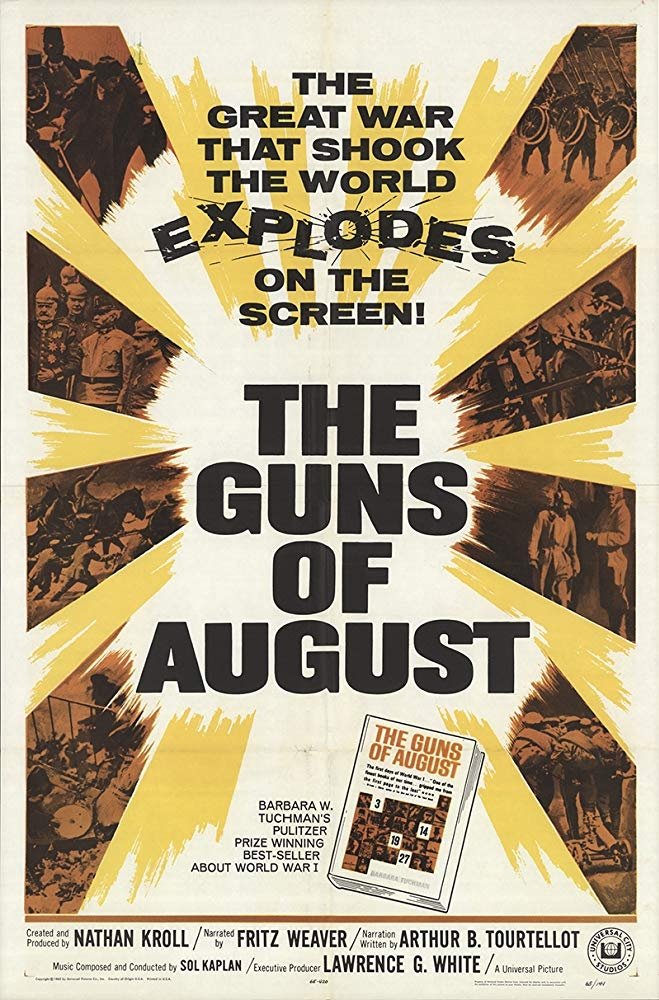
The Guns of August
Character: Self (archive footage)
Traces the origins and actions of World War I, from the funeral of Britain's King Edward VII to the Versailles Treaty....
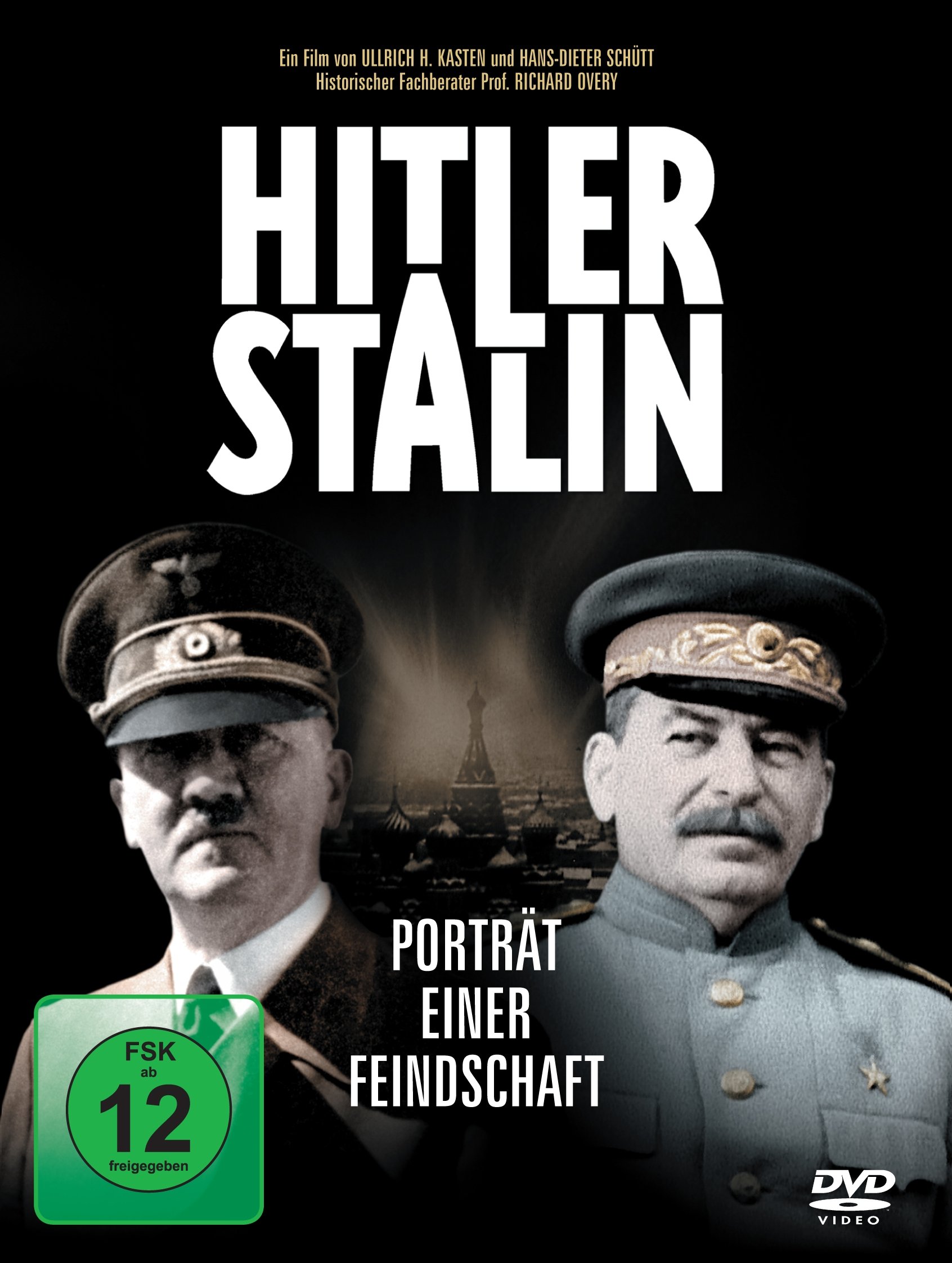
Hitler & Stalin: Portrait of Hostility
Character: Self (archive footage)
A double portrait of two dictators who were thousands of miles apart but were constantly fixated on each other....
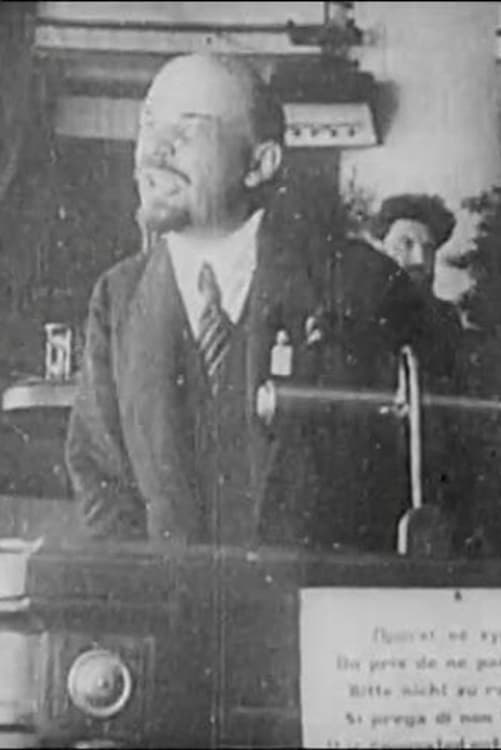
Gentlemen in Storm and Gentlemen in Crown
Character:
“A retrospect of European events during the past forty years, composed from early documentary material, and including one of the earliest extant specimens of news-reel film dating from 1897.” - The [London] Film Society, 1936....
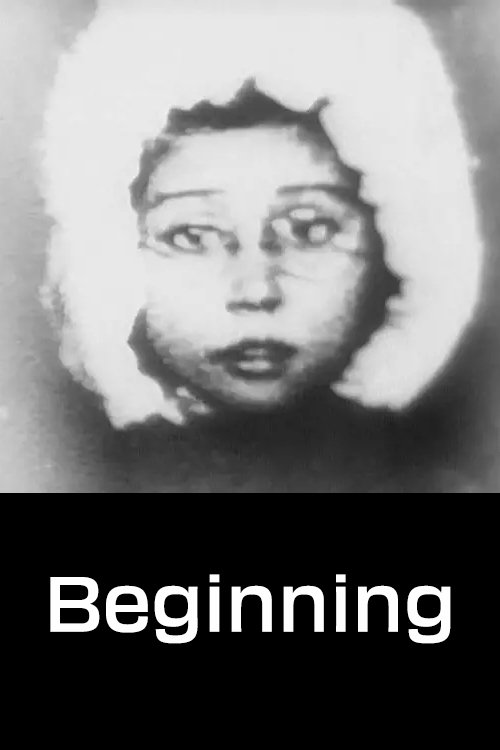
Beginning
Character:
Philosophical essay about the October Revolution of 1917 in Russia, its influence on the destiny of the world in the 20th century....
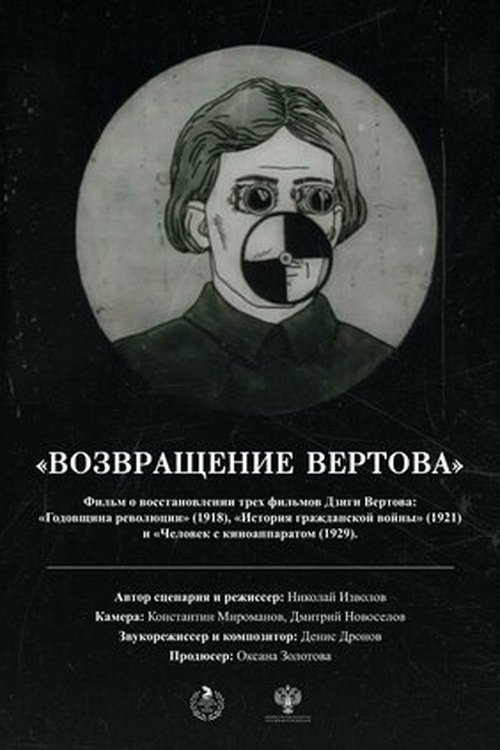
The Return of Vertov
Character: Self (archive footage)
The film deals with intellectual activities which are usually hidden from the human eye. It concerns doing research in film archives, searching for missing films and bringing them back to life. It is a documentary about the work of Dziga Vertov, a prominent soviet director, and the restoration of the director’s original concept of the films Anniversary of the Revolution (1918), The History of the Civil War (1921), Man with a Movie Camera (1929)....
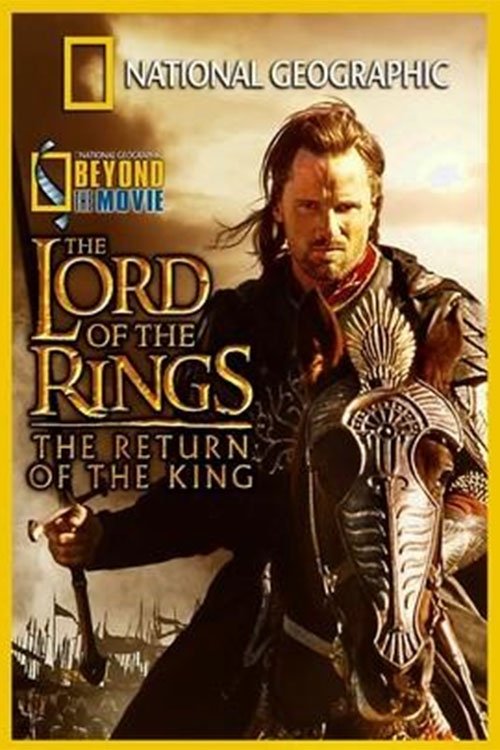
Beyond the Movie: The Return of the King
Character: Self (archive footage)
Documentary exploring the parallels between 'The Return of the King' and real events and people in history....

The Russian Revolution
Character: Self (archive footage)
Starting in 1881 this film shows the personal battle between Lenin's Ulyanov family and the royal Romanovs that eventually led to the Russian revolution....
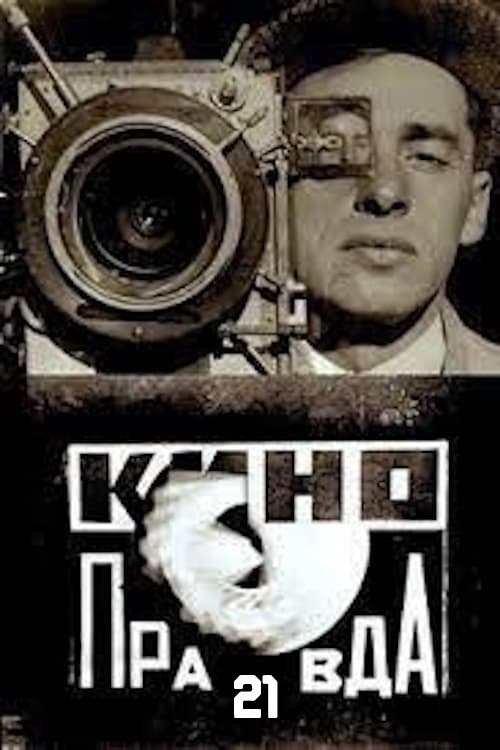
Kino-Pravda No. 21: Lenin Kino-Pravda. A Film Poem About Lenin
Character: Himself (archive footage)
Dziga Vertov-directed Soviet newsreel made to commemorate the first anniversary of the death of Vladimir Ilich Lenin (21st January 1924 - 1925) drawn from 'The Final Journey', a Pravda feuilleton written on the occasion of Lenin's funeral by the man who had introduced Vertov to cinema, Mikhail Koltsov. Contains: First anniversary of Lenin's death: 1. Assassination attempt on Lenin and Soviet Russia's progress under his leadership / 2. Lenin's illness, death and funeral / 3. The year after Lenin...
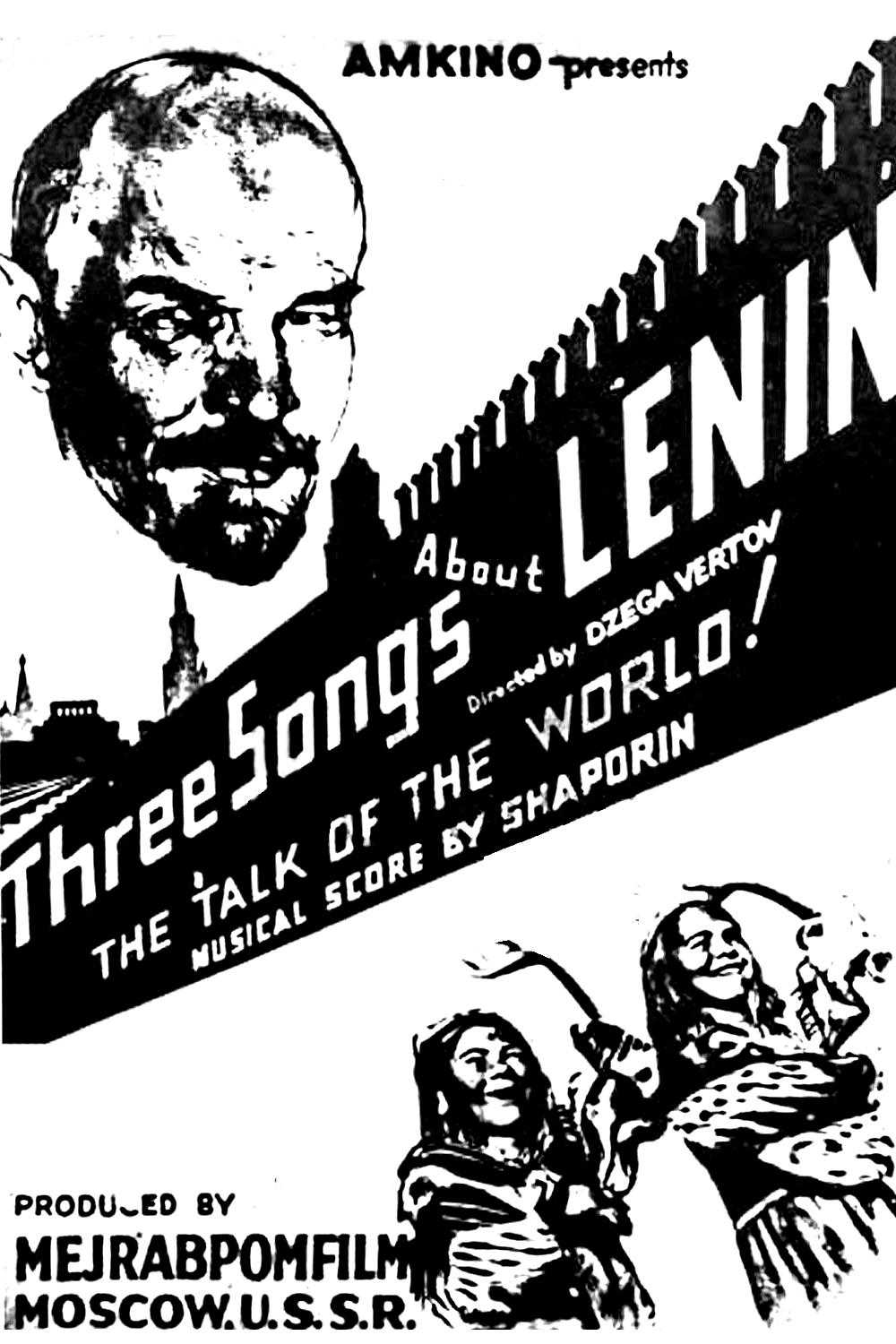
Three Songs About Lenin
Character: Himself
This documentary, made up of 3 episodes, is based on three songs sung by anonymous people in Soviet Russia about Vladimir Ilyich Lenin....

Lenin and the Other Story of the Russian Revolution
Character: Self - Politician (archive footage)
Vladimir Ilyich Ulyanov, better known as Lenin, is remembered as the instigator of the October Revolution of 1917 and, therefore, as one of the men who changed the shape of the world at that time and forever, but perhaps the actual events happened in a way different from that narrated in the history books…...
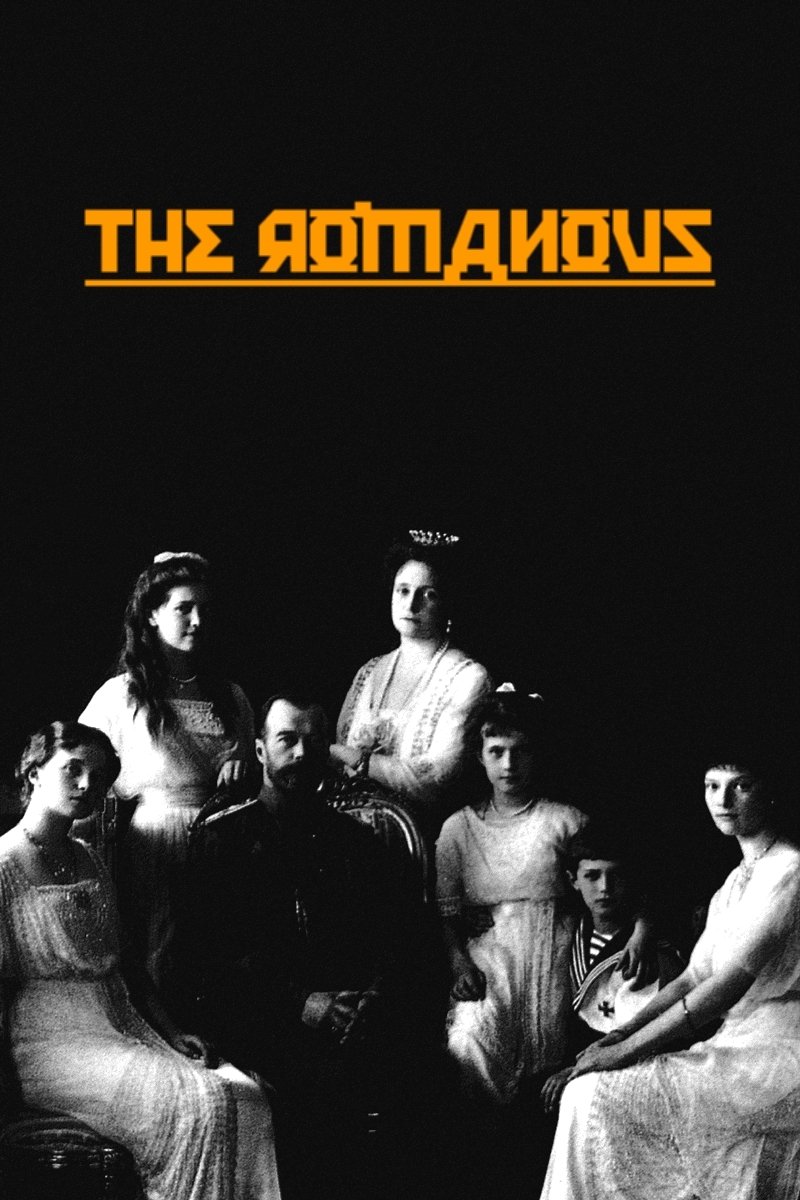
The Romanovs: Glory and Fall of the Czars
Character: Himself (archive footage)
Yekaterinburg, Russia, July 17th, 1917. Czar Nicholas II Romanov and his entire family are brutally murdered by the Bolsheviks. This tragic event puts an end to the long dynasty that had ruled the country with an iron hand since the coronation of Michael I Romanov in 1613....
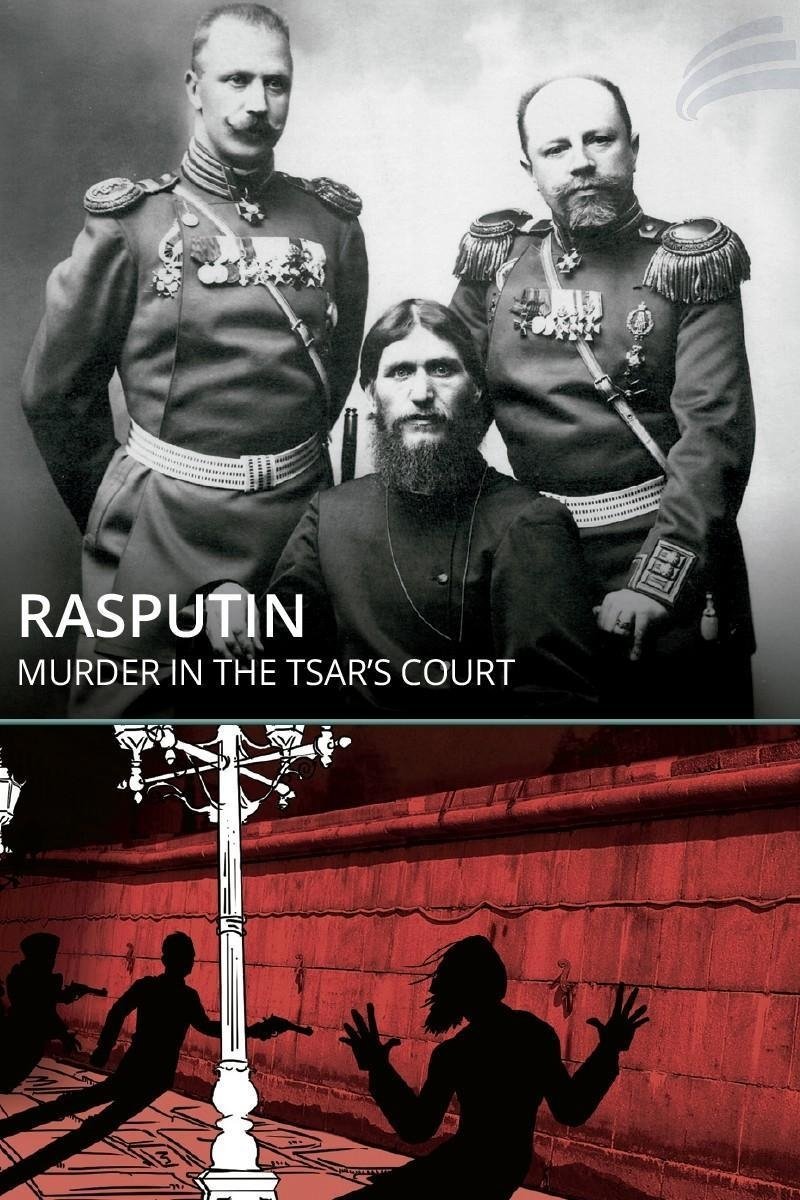
Rasputin: Murder in the Tsar's Court
Character: Himself (archive footage)
St. Petersburg, Russia, December 30th, 1916. Grigori Rasputin is assassinated. The story of the humble peasant who became the most influential adviser to czarina Alexandra Feodorovna, wife of the last czar, Nicholas II Romanov....
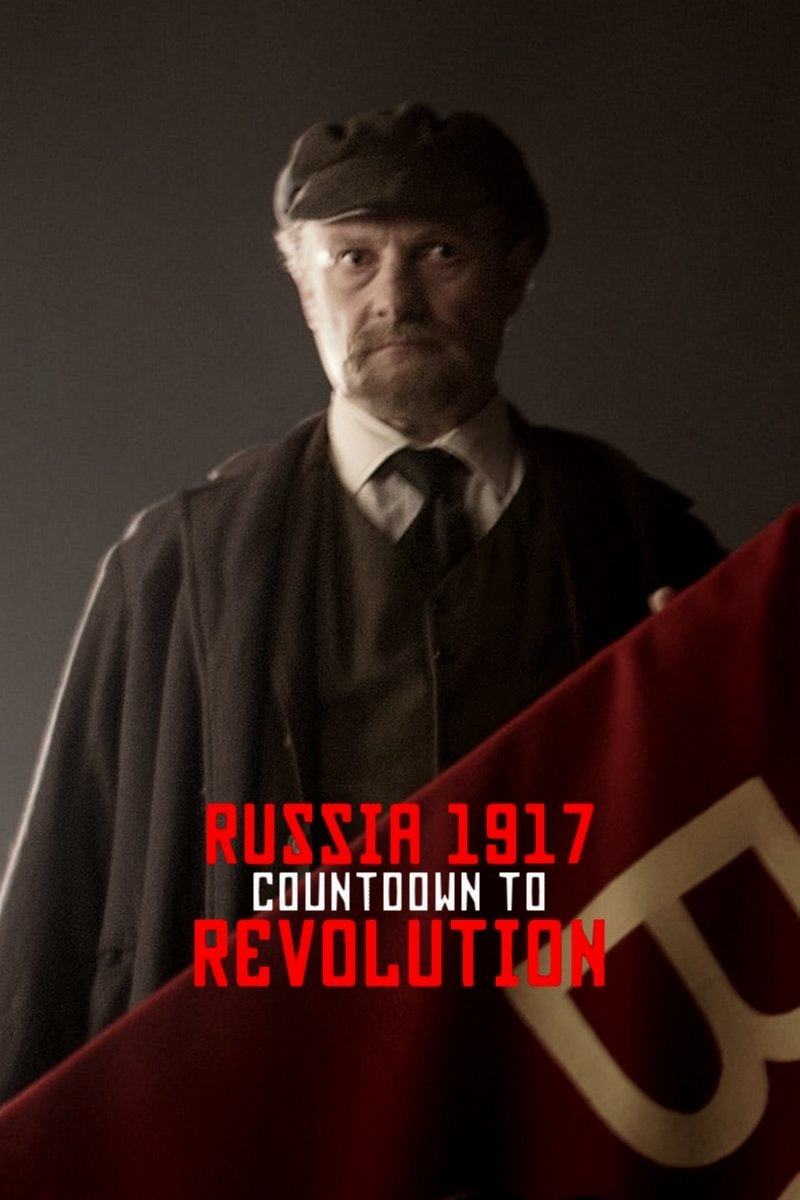
Russia 1917: Countdown to Revolution
Character: Self - Politician (archive footage)
Russia, 1917. After the abdication of Czar Nicholas II Romanov, the struggle for power confronts allies, enemies, factions and ideas; a ruthless battle between democracy and authoritarianism that will end with the takeover of the government by Vladimir Lenin and the Bolsheviks....

The Corporation
Character: Self (archive footage)
Since the late 18th century American legal decision that the business corporation organizational model is legally a person, it has become a dominant economic, political and social force around the globe. This film takes an in-depth psychological examination of the organization model through various case studies. What the study illustrates is that in the its behaviour, this type of "person" typically acts like a dangerously destructive psychopath without conscience. Furthermore, we see the profou...
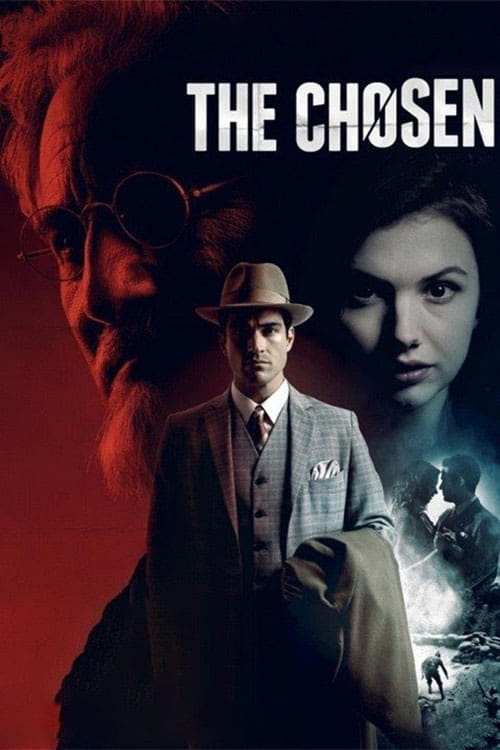
The Chosen
Character: Himself - Politician (archive footage)
Spain, 1937. Ramón Mercader, a young communist combatant, is recruited and trained by the Soviet intelligence service to participate in a top secret mission ordered by the ruthless dictator Joseph Stalin: the assassination of his former political rival, Leon Trotsky, who is living in exile in Mexico....
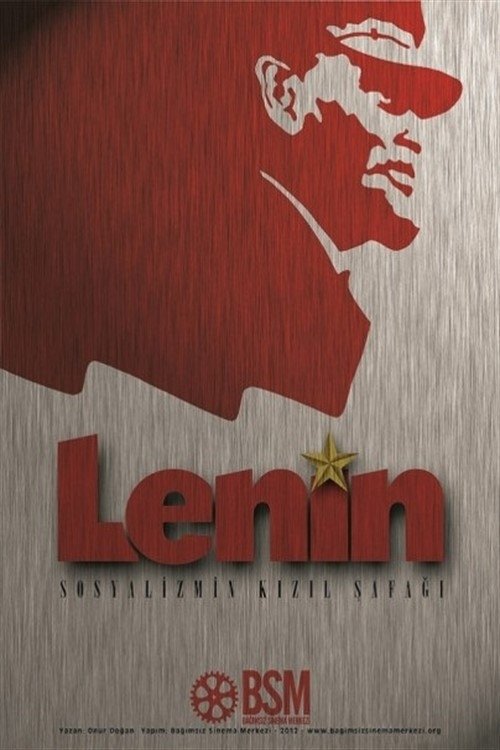
Lenin: Sosyalizmin Kızıl Şafağı
Character: Himself
...
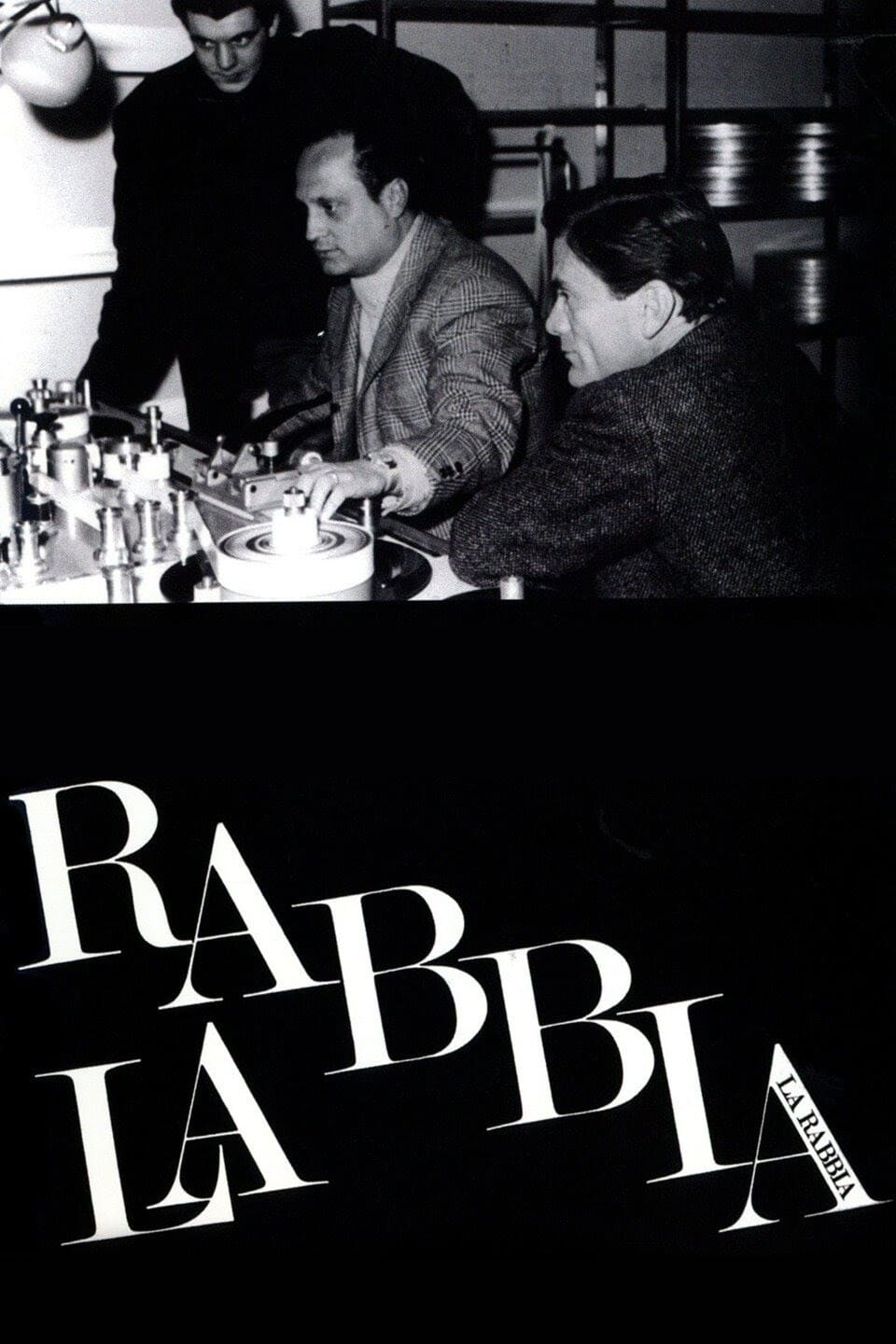
La Rabbia
Character: Self (archive footage)
Documentary footage (from the 1950s) and accompanying commentary to attempt to answer the existential question, Why are our lives characterized by discontent, anguish, and fear? The film is in two completely separate parts, and the directors of these respective sections, left-wing Pier Paolo Pasolini and conservative Giovanni Guareschi, offer the viewer contrasting analyses of and prescriptions for modern society. Part I, by Pasolini, is a denunciation of the offenses of Western culture, particu...
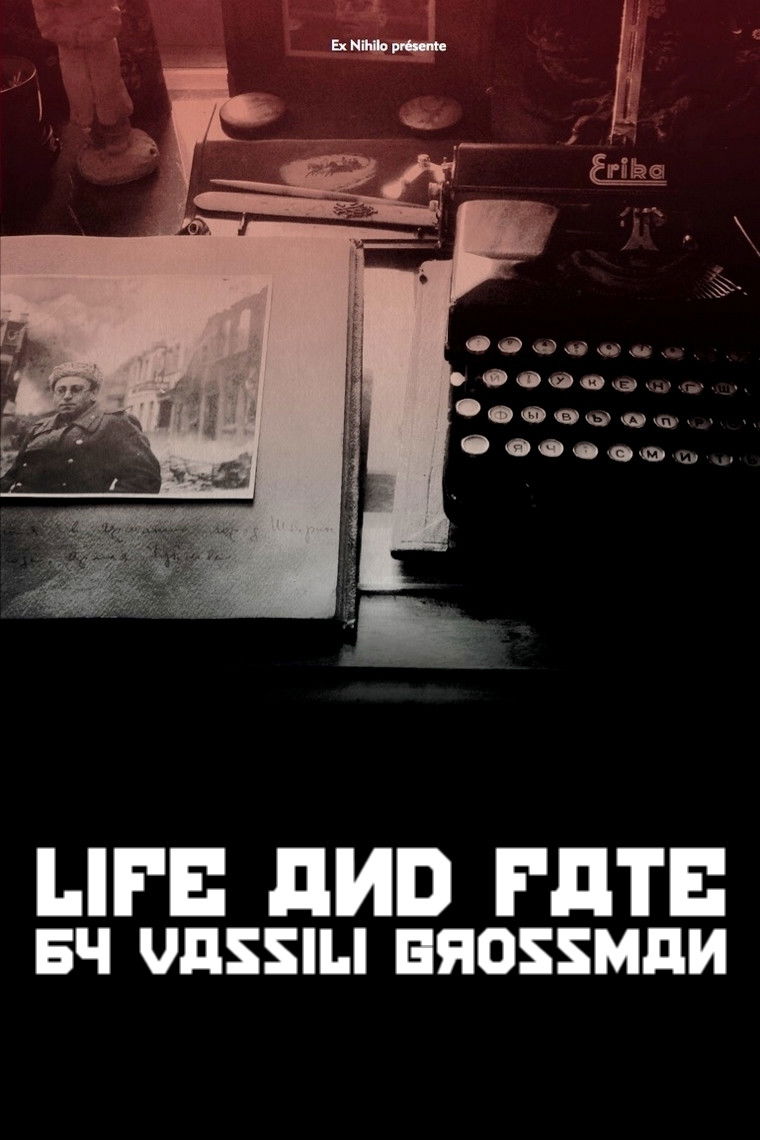
Life and Fate by Vassili Grossman
Character: Self - Politician (archive footage)
The convoluted and moving story of Russian writer Vassili Grossman (1905-64) and his novel Life and Fate (1980), a literary masterpiece, a monumental and epic account of life under Stalin's regime of terror, a defiant cry that the KGB tried to suffocate....
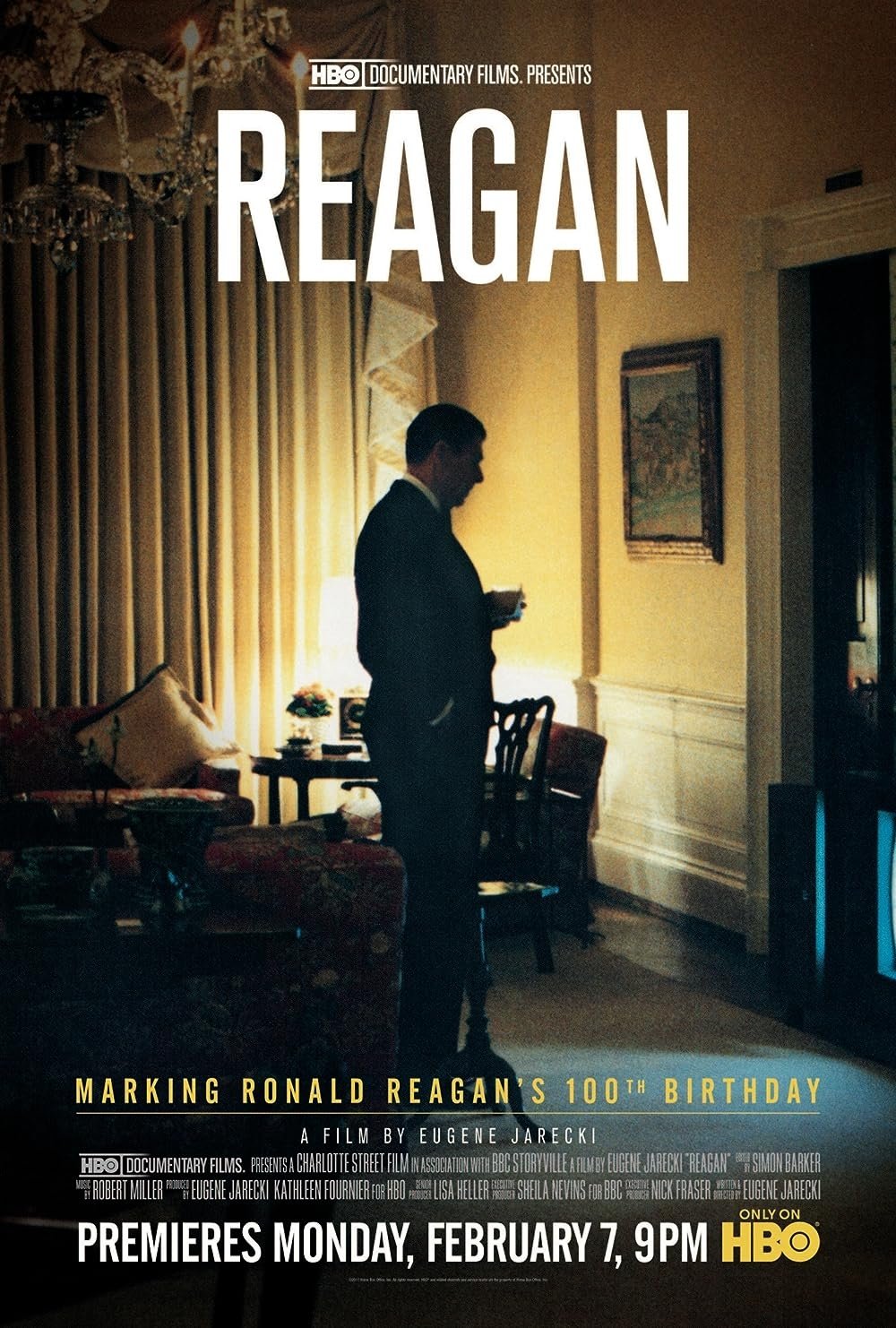
Reagan
Character: Self (archive footage)
Based on the story of Americas enigmatic career of one of the revered architects of the modern world - icon, screen star, and two-term president, Ronald Reagan....
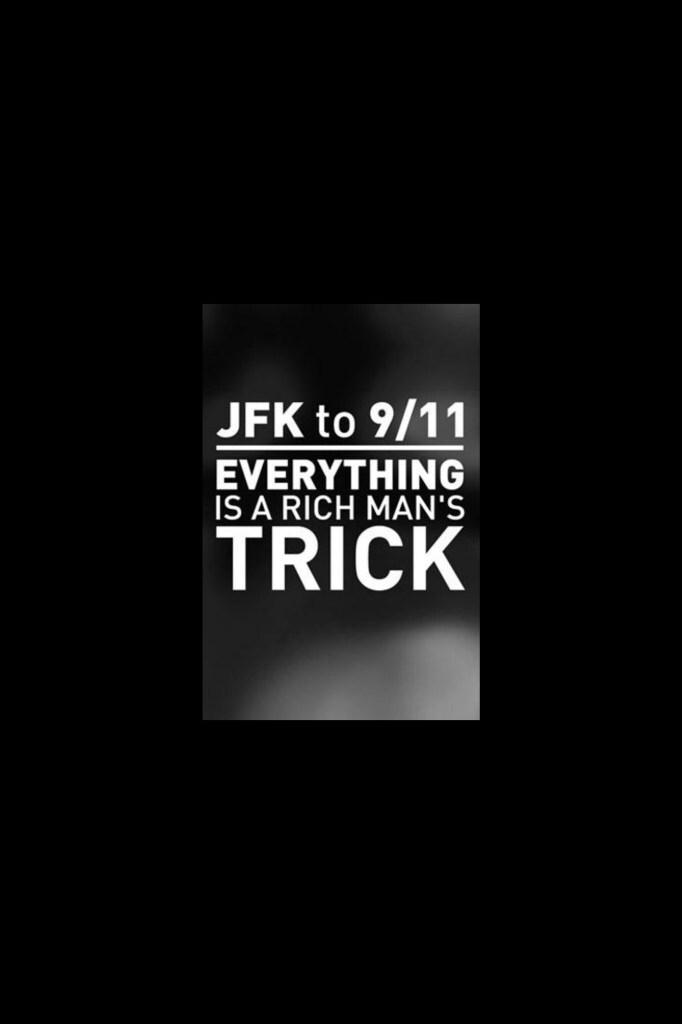
JFK to 9/11: Everything is a Rich Man's Trick
Character: Self (archive footage)
The real reasons and orchestrators behind Hitler, to an incredible theory of the JFK assassination, all the way to 9/11 and the current age of the terrorist. Taken from an historical perspective starting around World War 1 leading to present day....
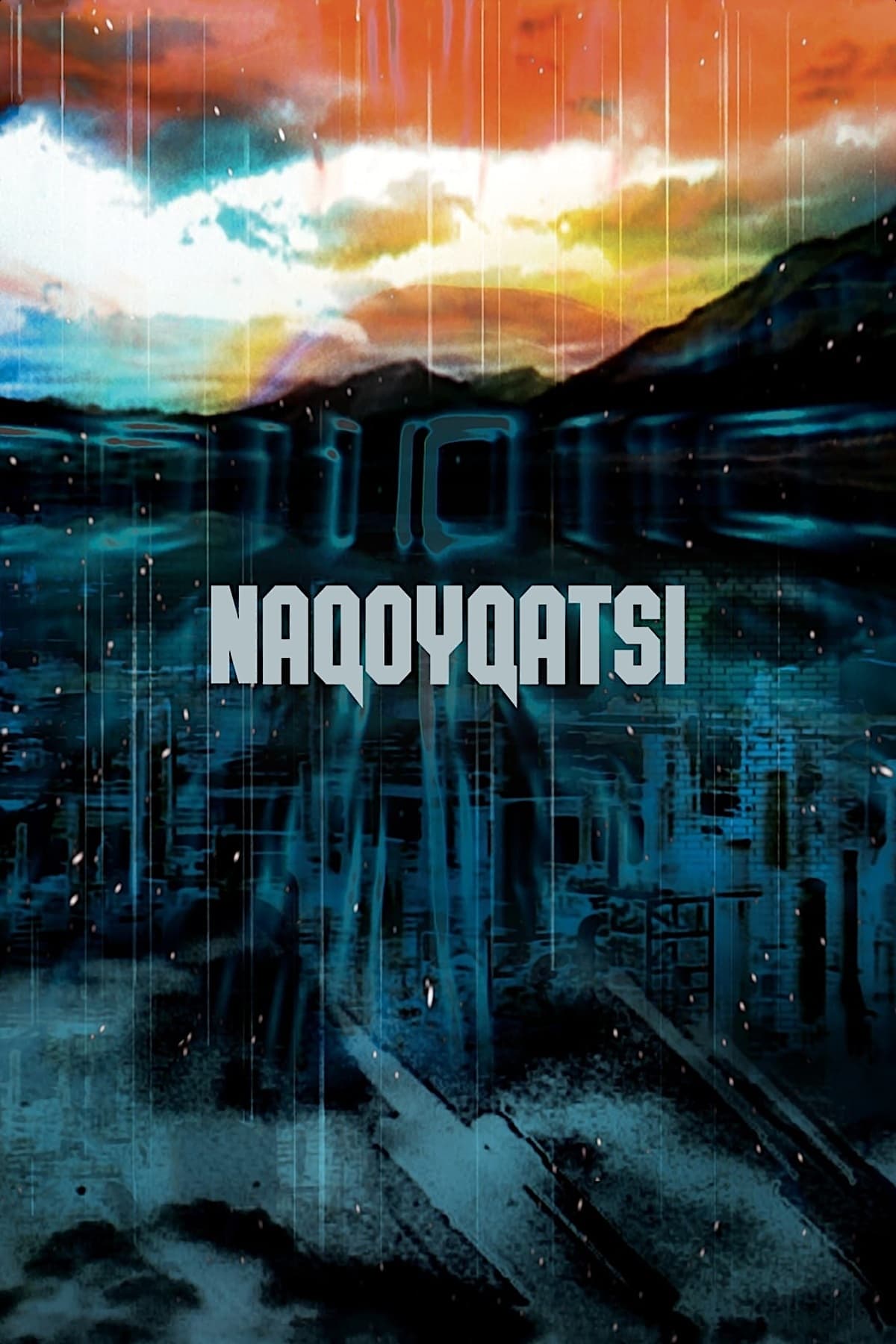
Naqoyqatsi
Character: Self (archive footage) (uncredited)
A visual montage portrait of our contemporary world dominated by globalized technology and violence....
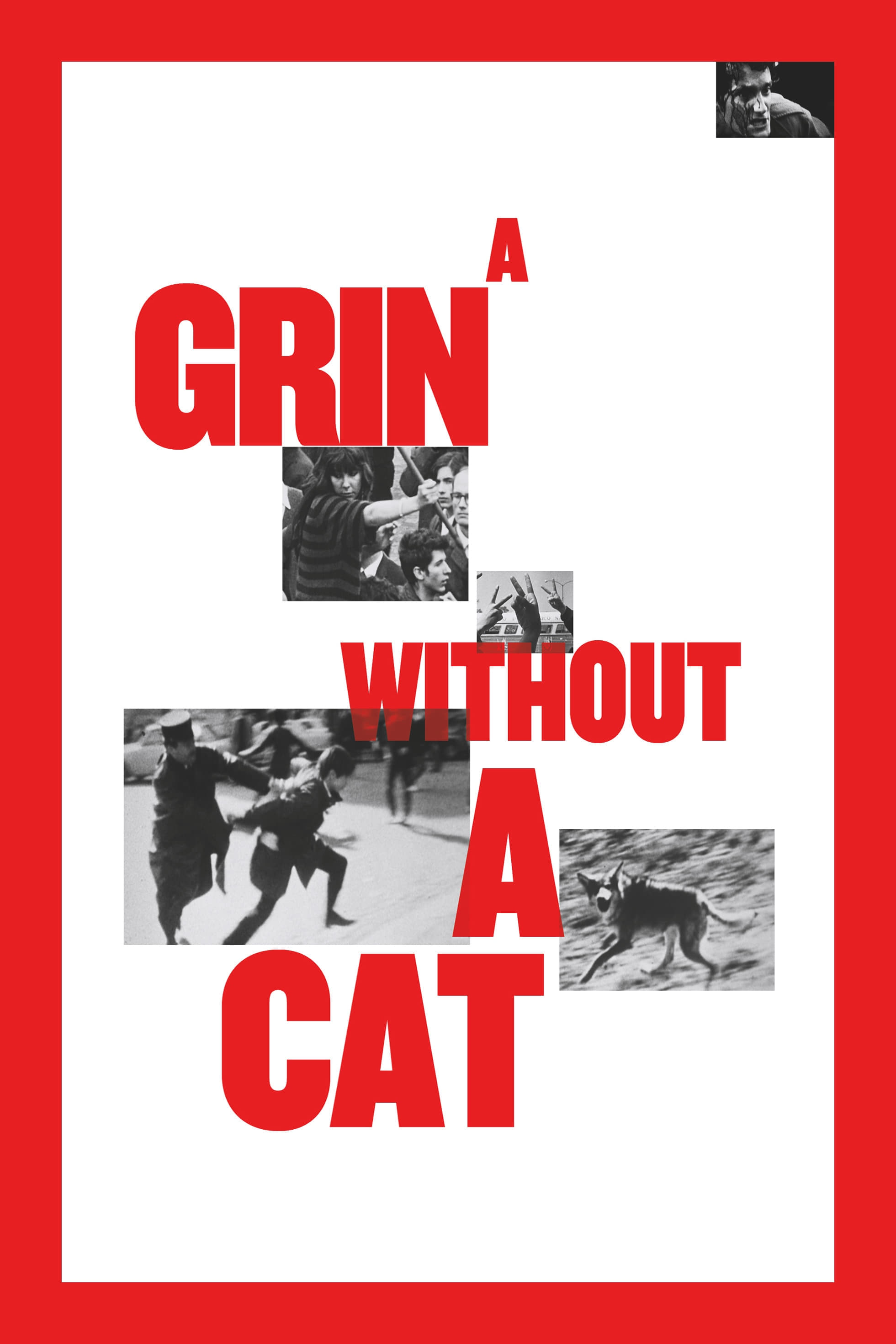
A Grin Without a Cat
Character: Self (archive footage) (uncredited)
Chris Marker’s A Grin Without a Cat is an epic political essay tracing the rise and decline of the global left from the 1960s to the 1970s. Through archival footage and commentary, the film examines revolutionary movements in France, Latin America, and beyond, reflecting on the ideals, failures, and fading hopes of a generation....

The Society of the Spectacle
Character: himself (archive footage)
Guy Debord's analysis of a consumer society....
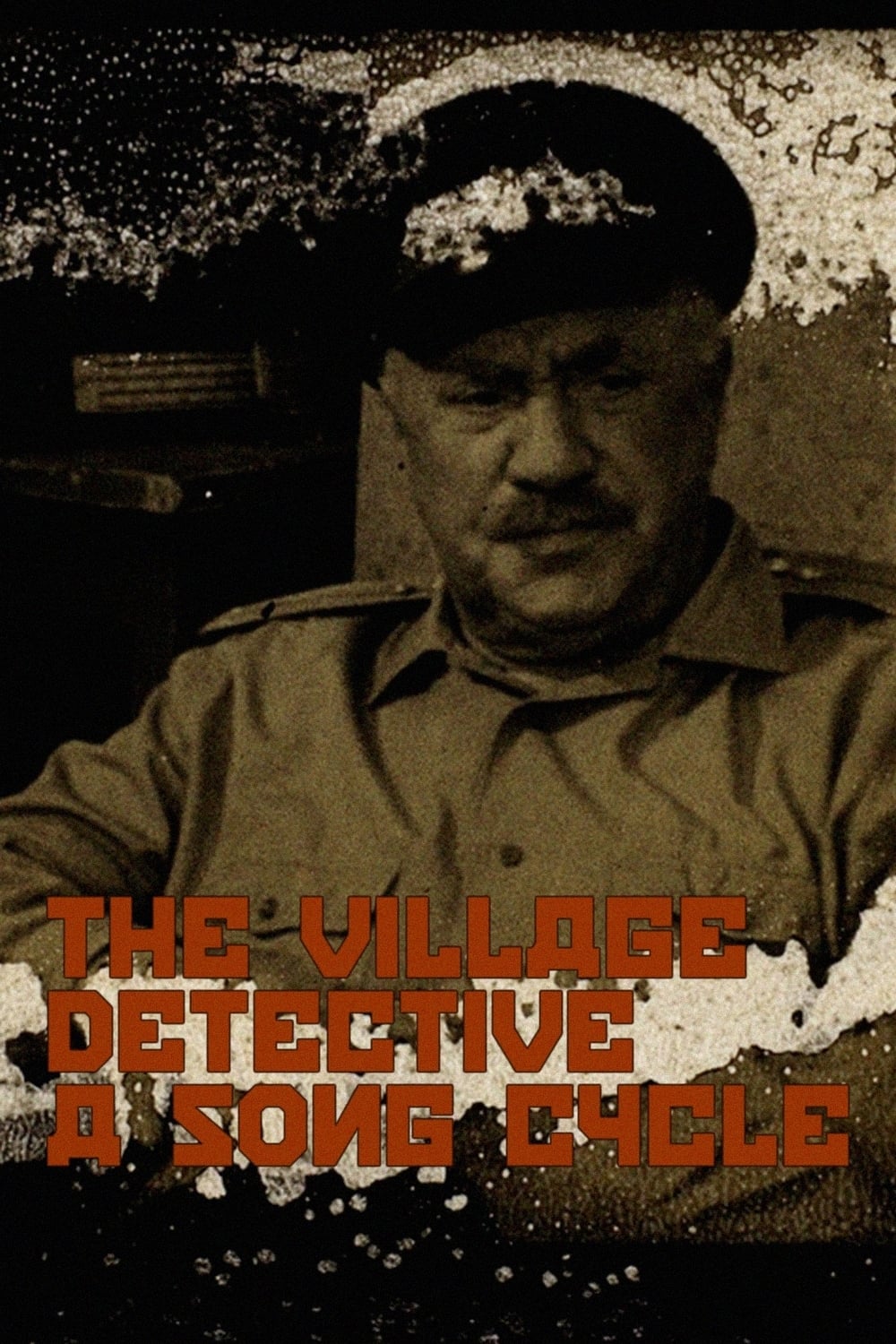
The Village Detective: A Song Cycle
Character: Self - Politician (archive footage)
Atlantic Ocean, off the coast of Iceland, July 9, 2016. The surprising discovery of a canister —containing four reels of The Village Detective (Деревенский детектив), a 1969 Soviet film—, caught in the nets of an Icelandic trawler, is the first step in a fascinating journey through the artistic life of film and stage actor Mikhail Ivanovich Zharov (1899-1981), icon and star of an entire era of Russian cinema....
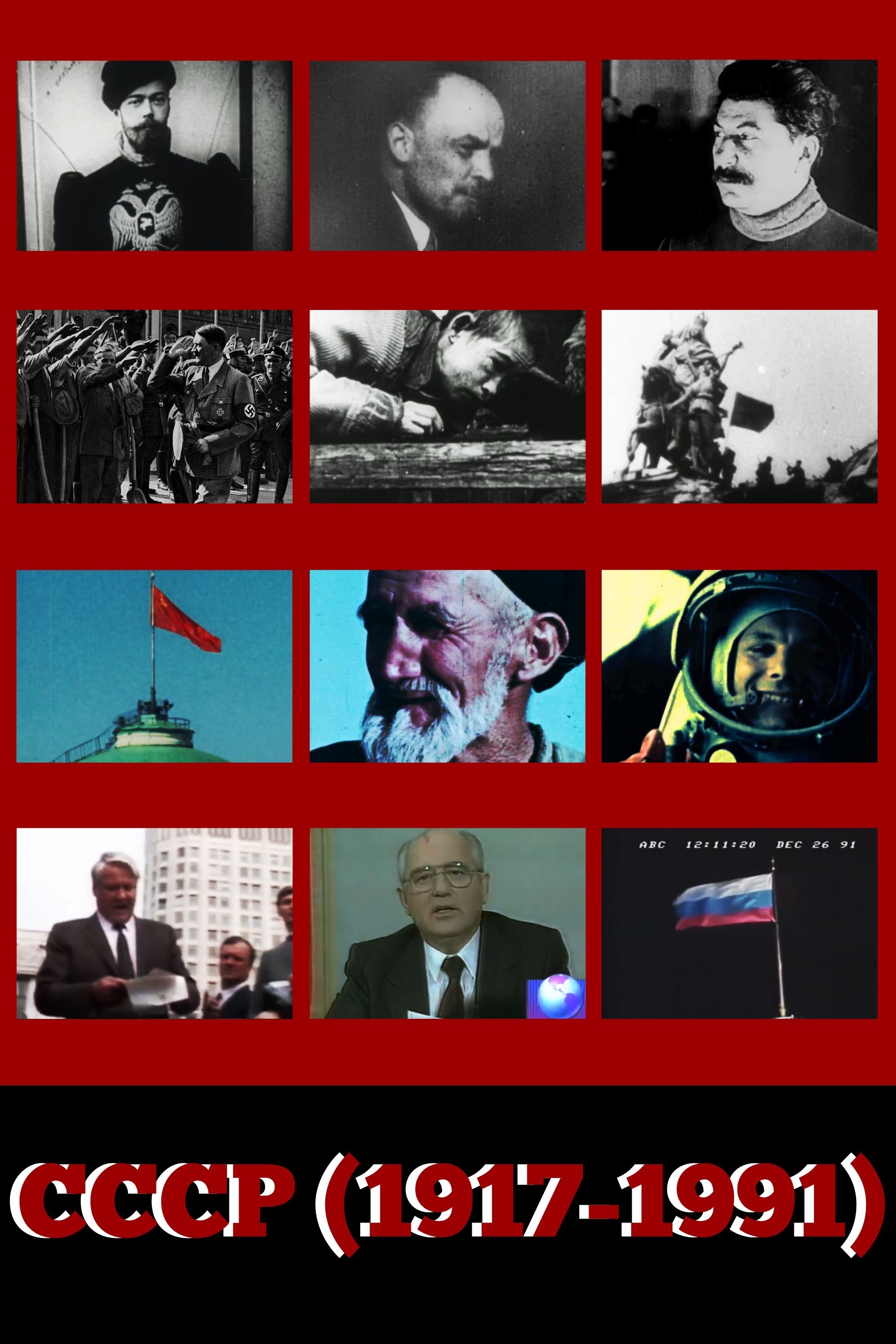
USSR (1917-1991)
Character: Self (archive footage)
Experimental short film that explores the rise and decline of the Soviet Union, from the revolutionary spark of 1917 to the challenges and sacrifices endured during World War II, until its dissolution in 1991....
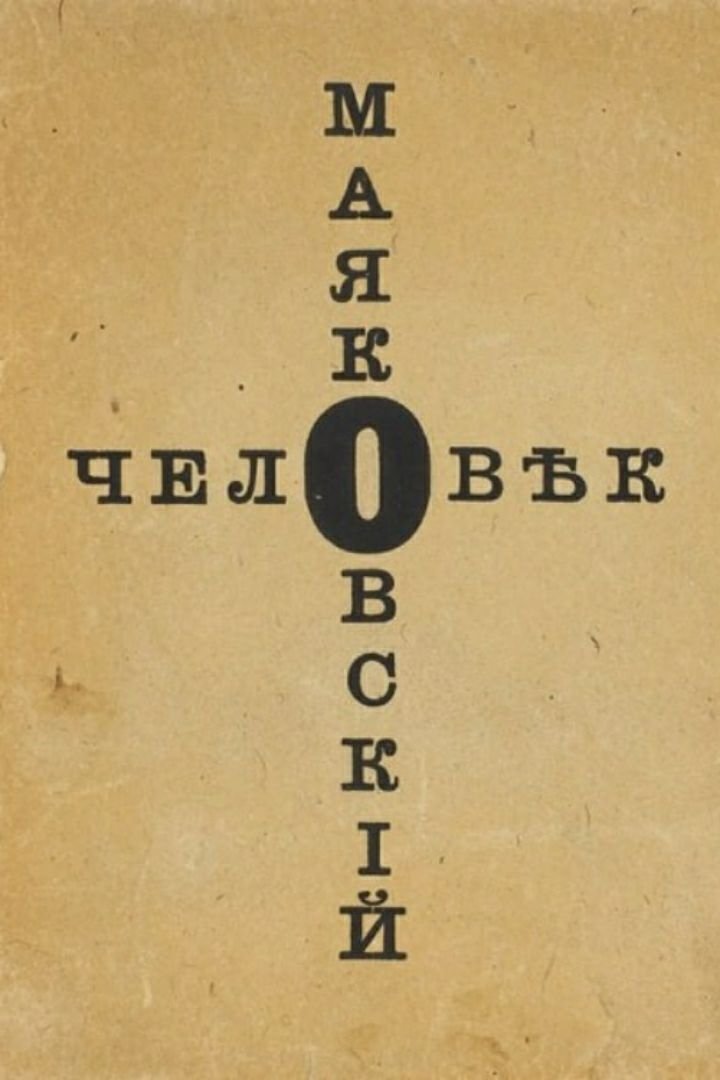
The Man Mayakovsky
Character: (archive footage)
A satire on Soviet propaganda based on Mayakovsky's poems....

Caudillo
Character: Himself (archive footage)
Caudillo is a documentary film by Spanish film director Basilio Martín Patino. It follows the military and political career of Francisco Franco and the most important moments of the Spanish Civil War. It uses footage from both sides of the war, music from the period and voice-over testimonies of various people....

The Soviet Story
Character: Self (archive footage)
“The Soviet Story” is a story of an Allied power, which helped the Nazis to fight Jews and which slaughtered its own people on an industrial scale. Assisted by the West, this power triumphed on May 9th, 1945. Its crimes were made taboo, and the complete story of Europe’s most murderous regime has never been told. Until now......
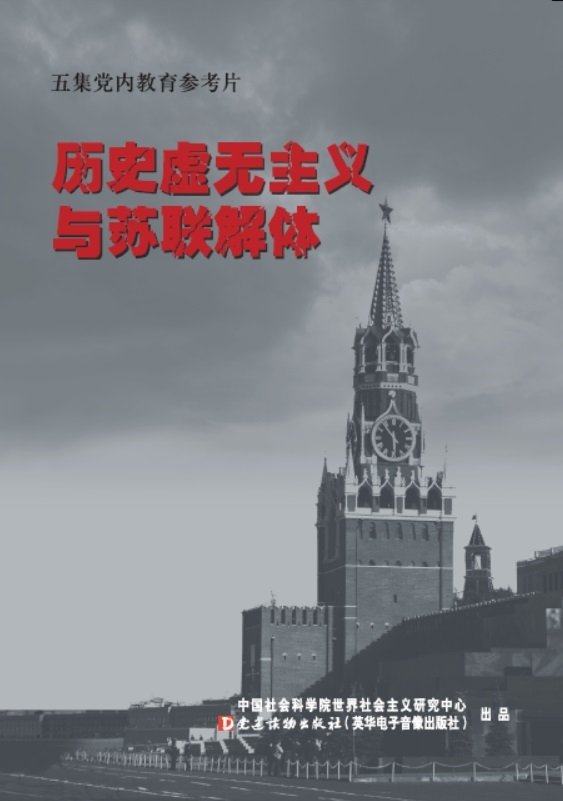
Historical Nihilism and the Fall of the USSR
Character: (archival footage)
Documentary commissioned by the Communist Party of China which argues that Nikita Khrushchev "lit the fire of nihilism" by criticizing predecessor Joseph Stalin in his 'On the Cult of Personality and Its Consequences' speech, weakening the image of cohesive socialism in the U.S.S.R....

Latest News About Doomsday
Character: Self (archive footage)
A crazy documentary about the dawn of occult movements related to the expectation of the end of the world, after the collapse of the USSR!...
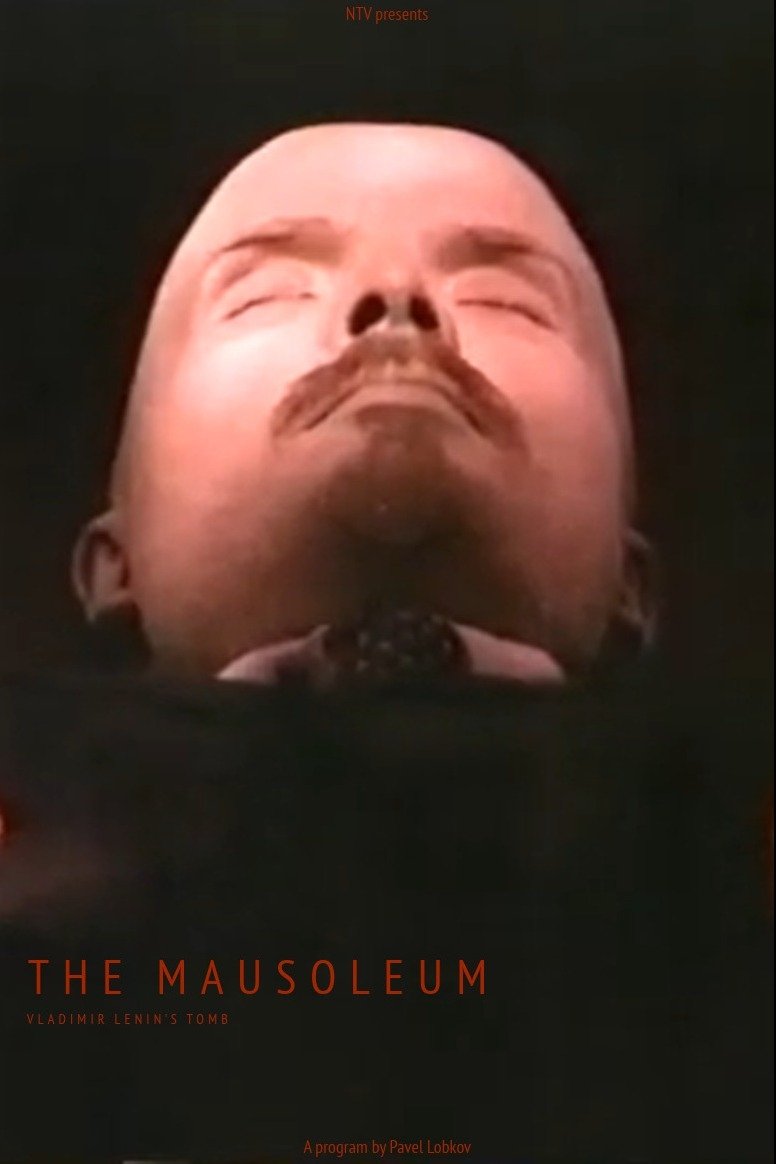
The Mausoleum
Character: Self (archive footage)
A look at Lenin's Mausoleum as a symbol of Russia's enduring and divided legacy....
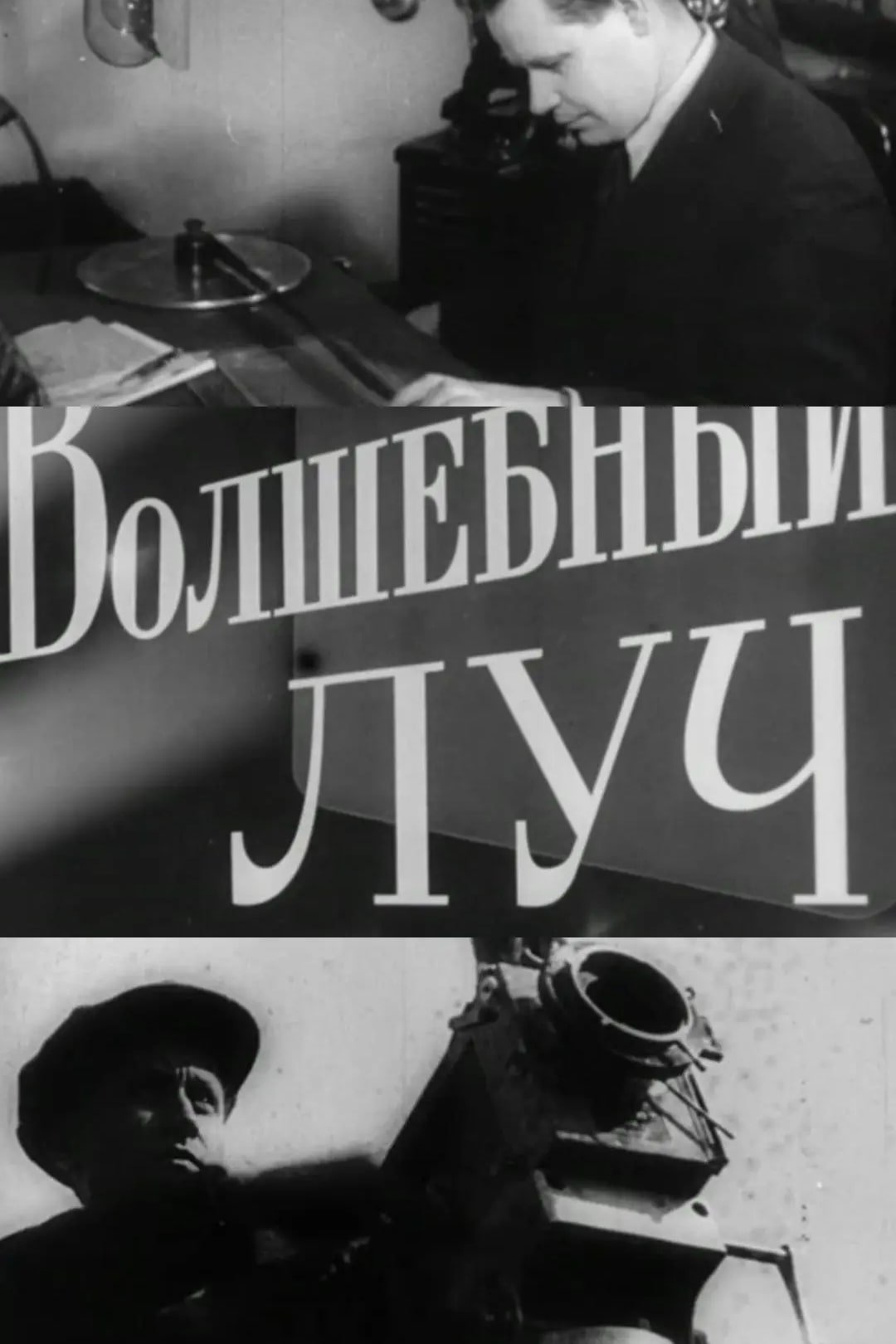
The Magic Beam
Character: Self (archive footage)
“The Magic Beam” is a film essay woven together from newsreels and documentary material from different decades, fragments of hundreds of non-fiction and fiction Soviet films of the 1910s-1960s....
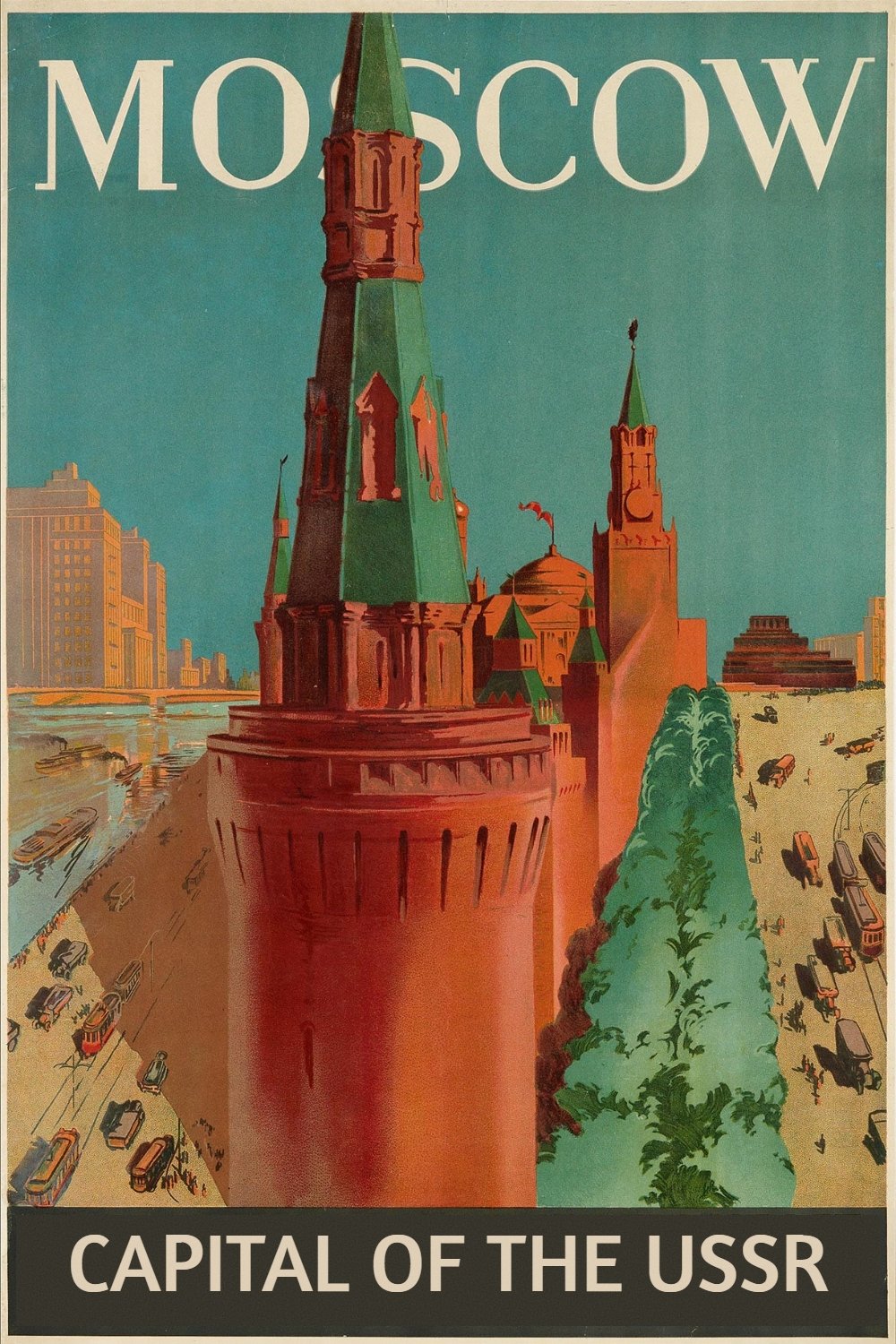
Moscow, Capital of the USSR
Character: Self (archive footage)
An overview of the history of Moscow from the October Revolution to postwar reconstruction....
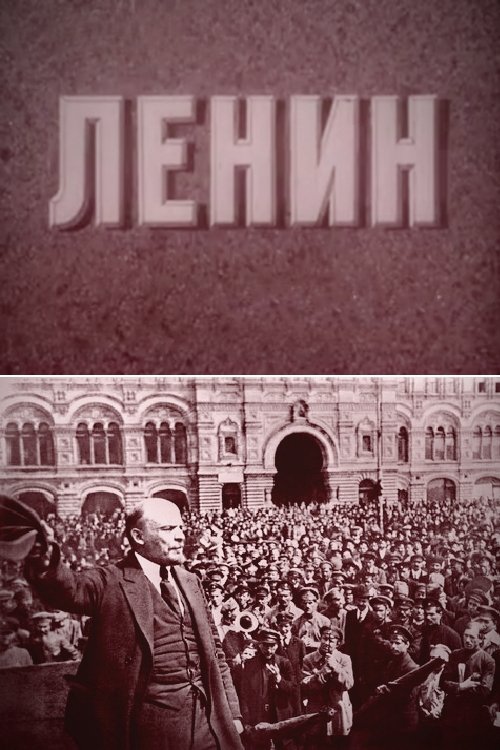
Lenin
Character: Self (archive footage)
A brief overview of Vladimir Lenin's life and the revolutionary ideas that he relied upon to build the Soviet Union....
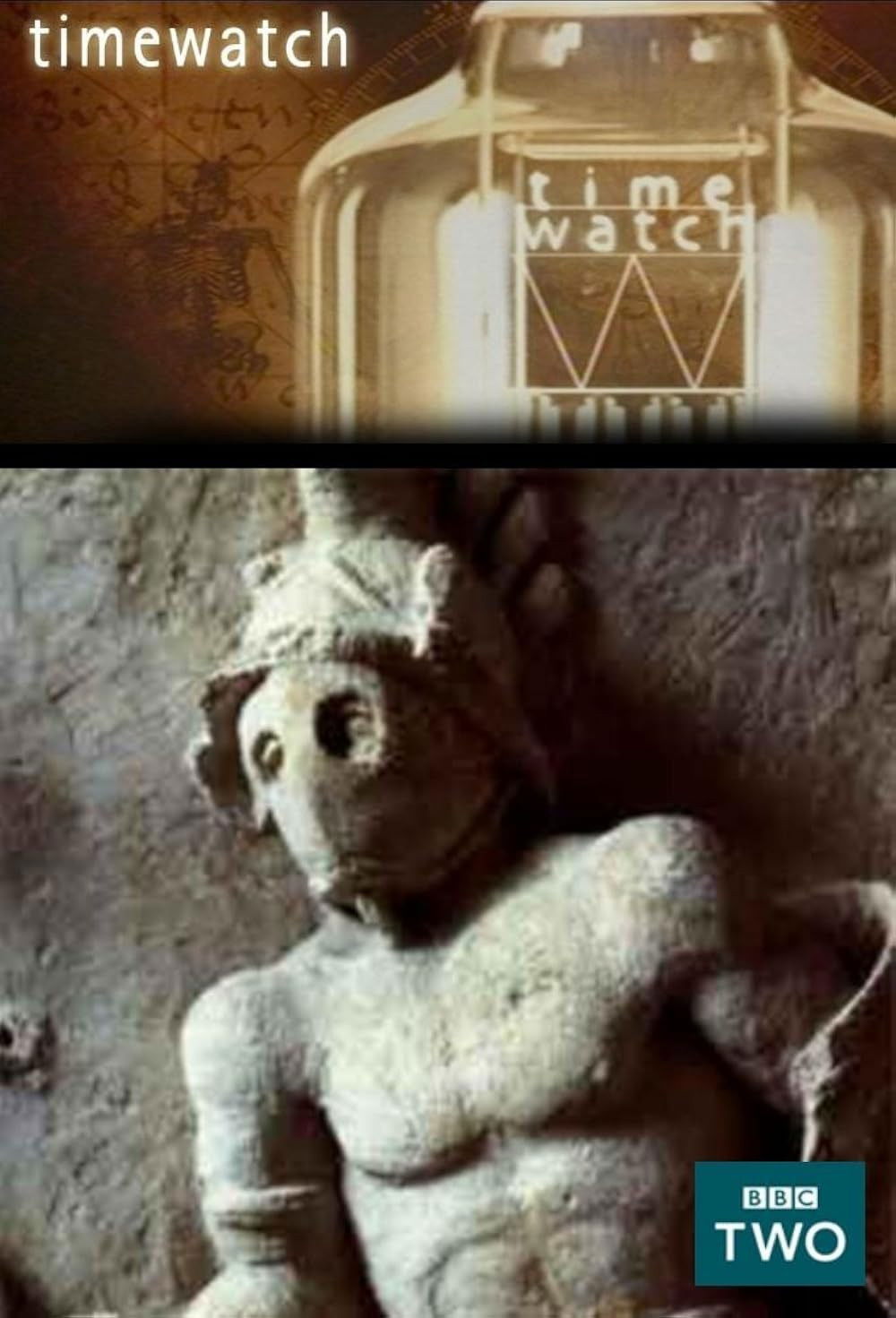
Bukharin and the Terror
Character:
This documentary on Bukharin was made shortly after his rehabilitation in the USSR under Gorbachev in 1988. Contributors: Fitzroy Maclean (present as a British diplomat at Bukharin's show trial), Anna Larina (Bukharin's widow), Alec Nove, Anthony Kemp-Welch, Arkady Vachsberg, Dmitri Volkogonov. Granted special permission to cover the story and the first interview with Bukharin's widow Anna, Timewatch accompanies Sir Fitzroy Maclean back to the city where he attended Bukharin's trial in 1938....